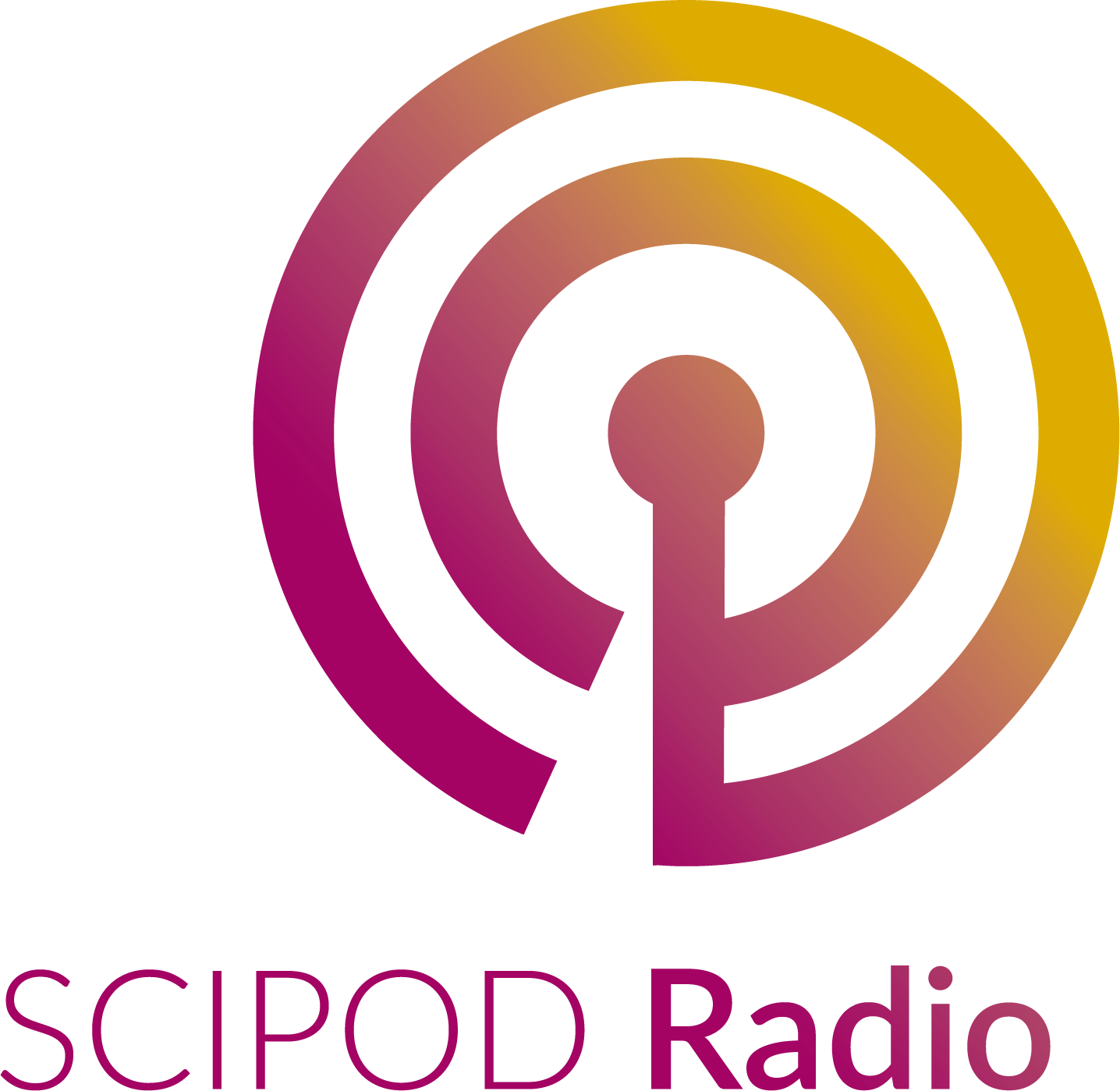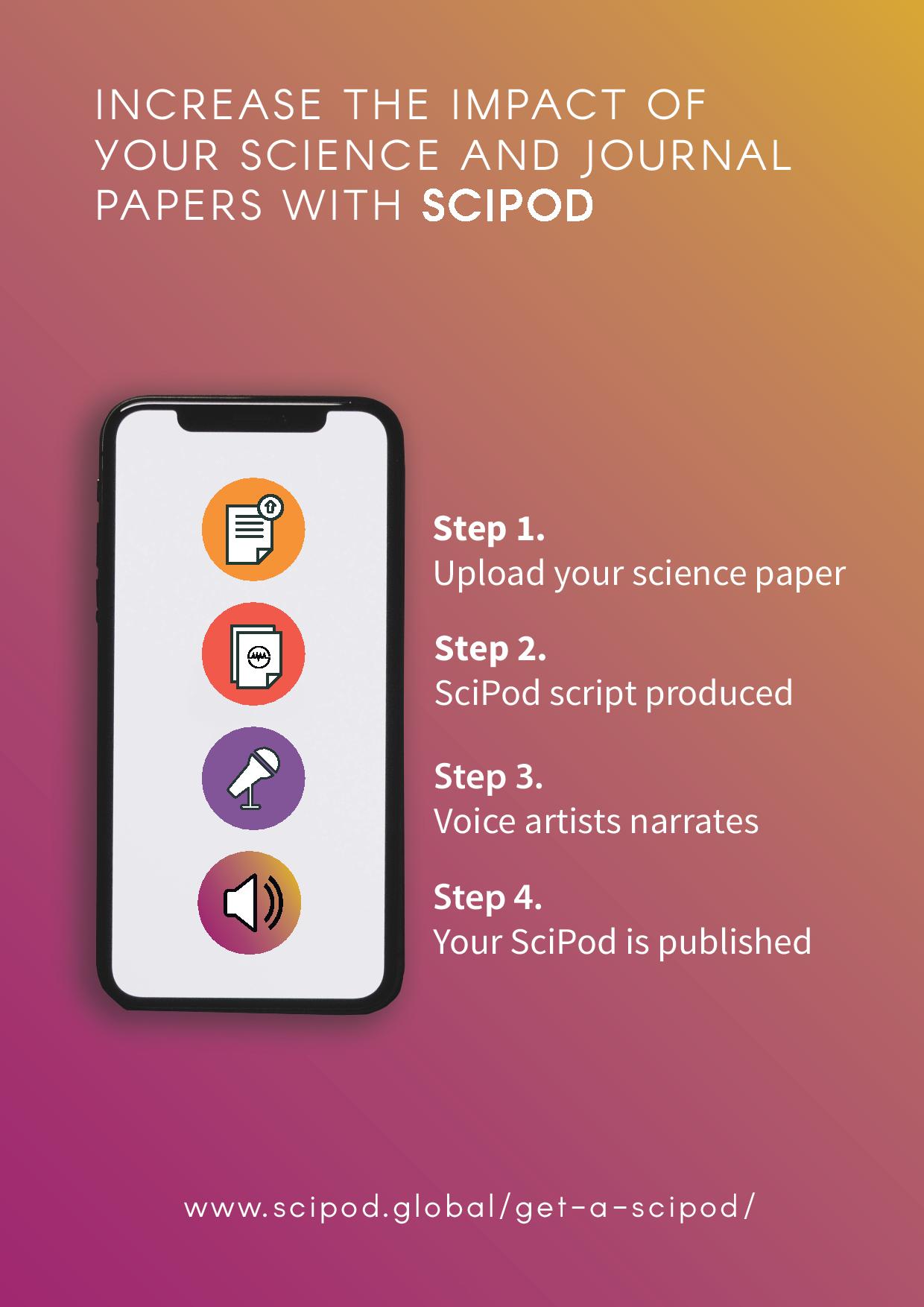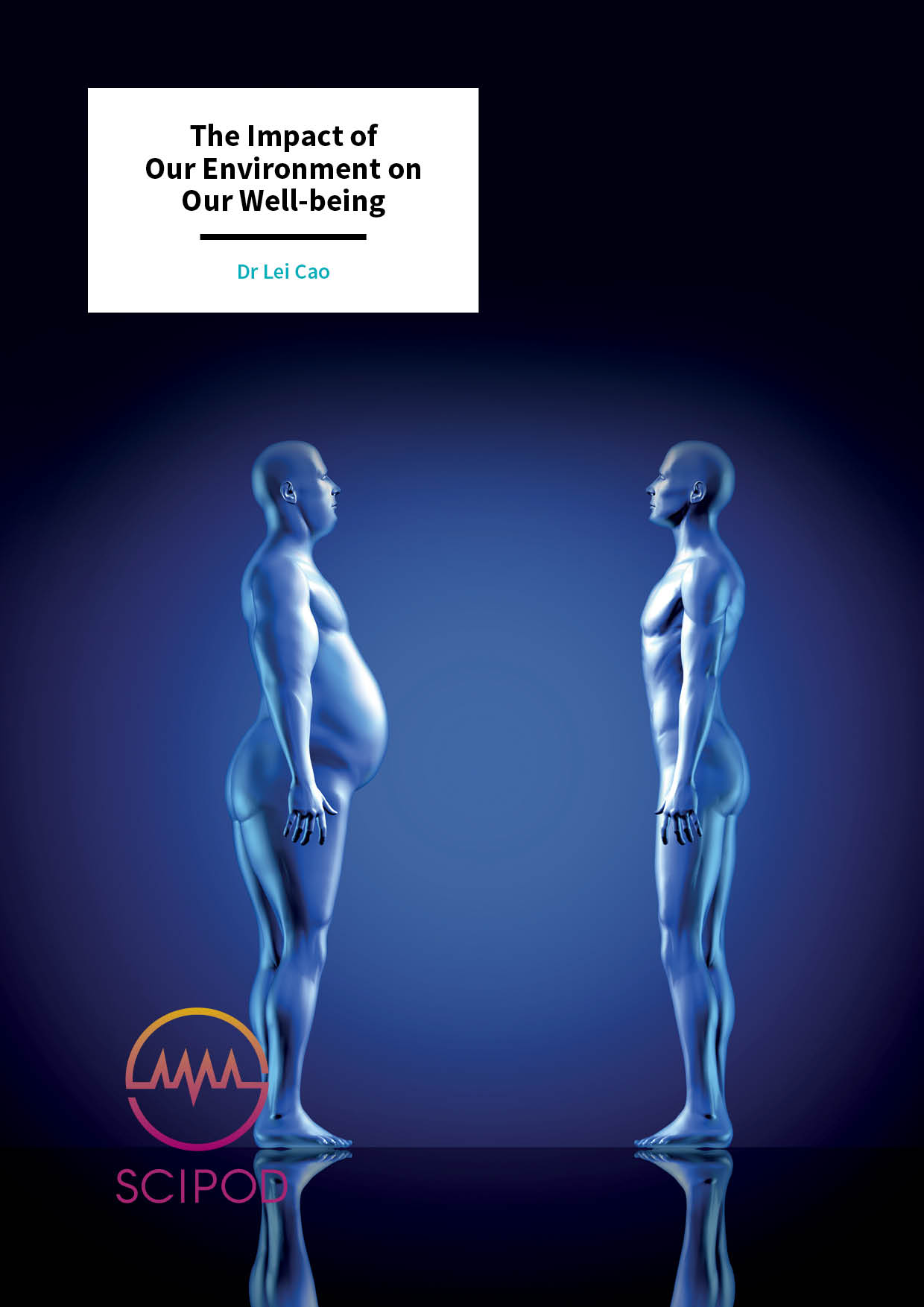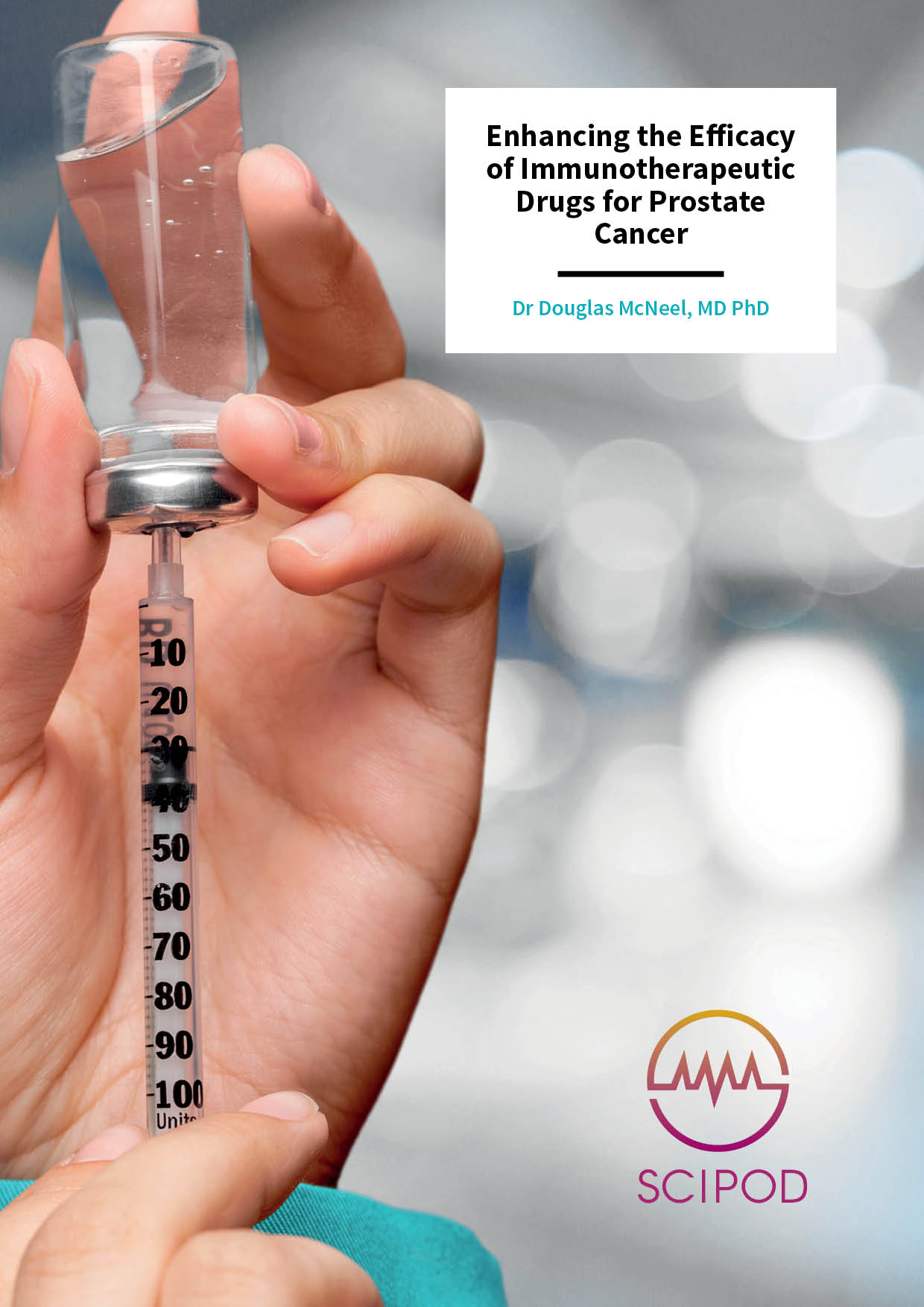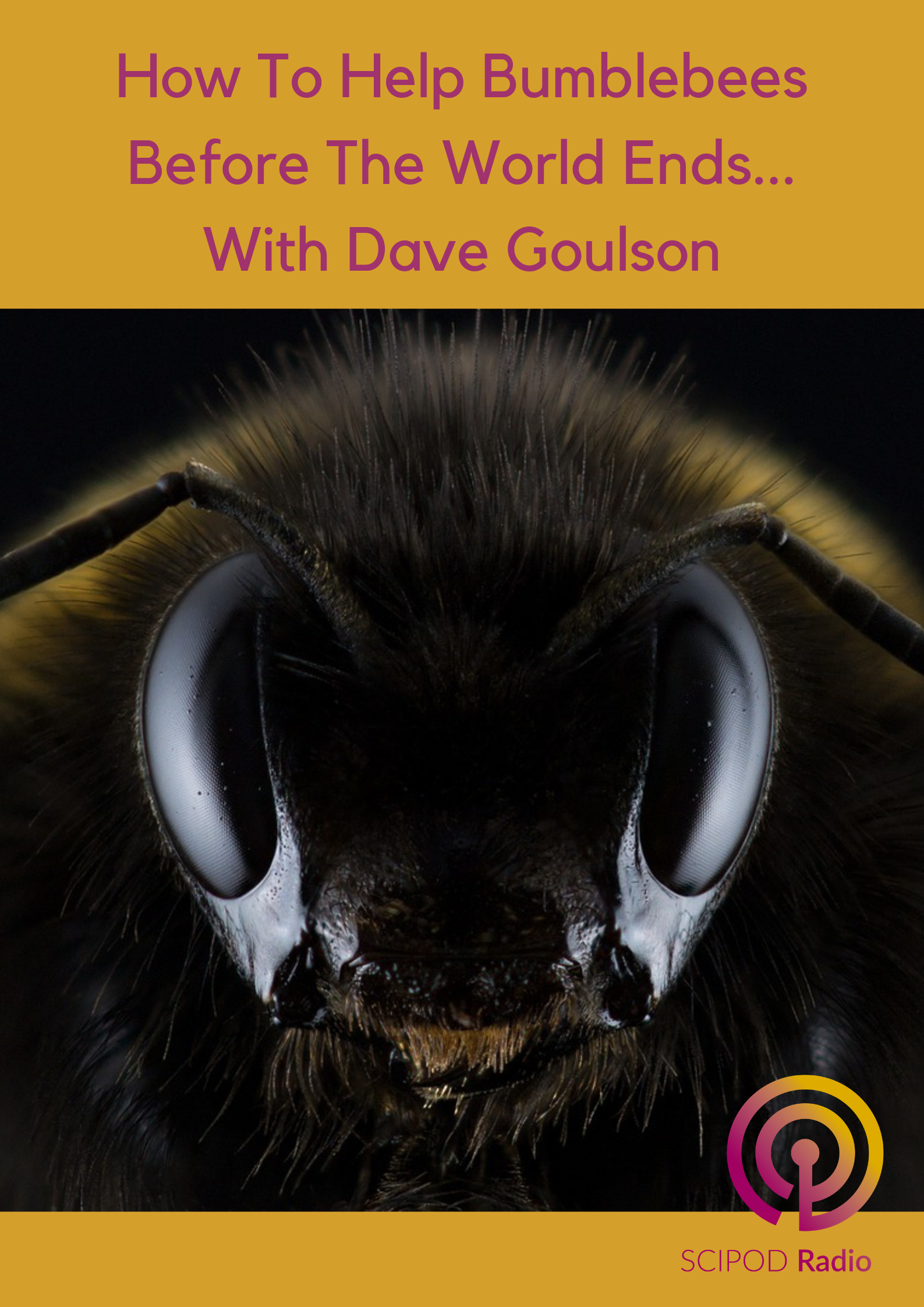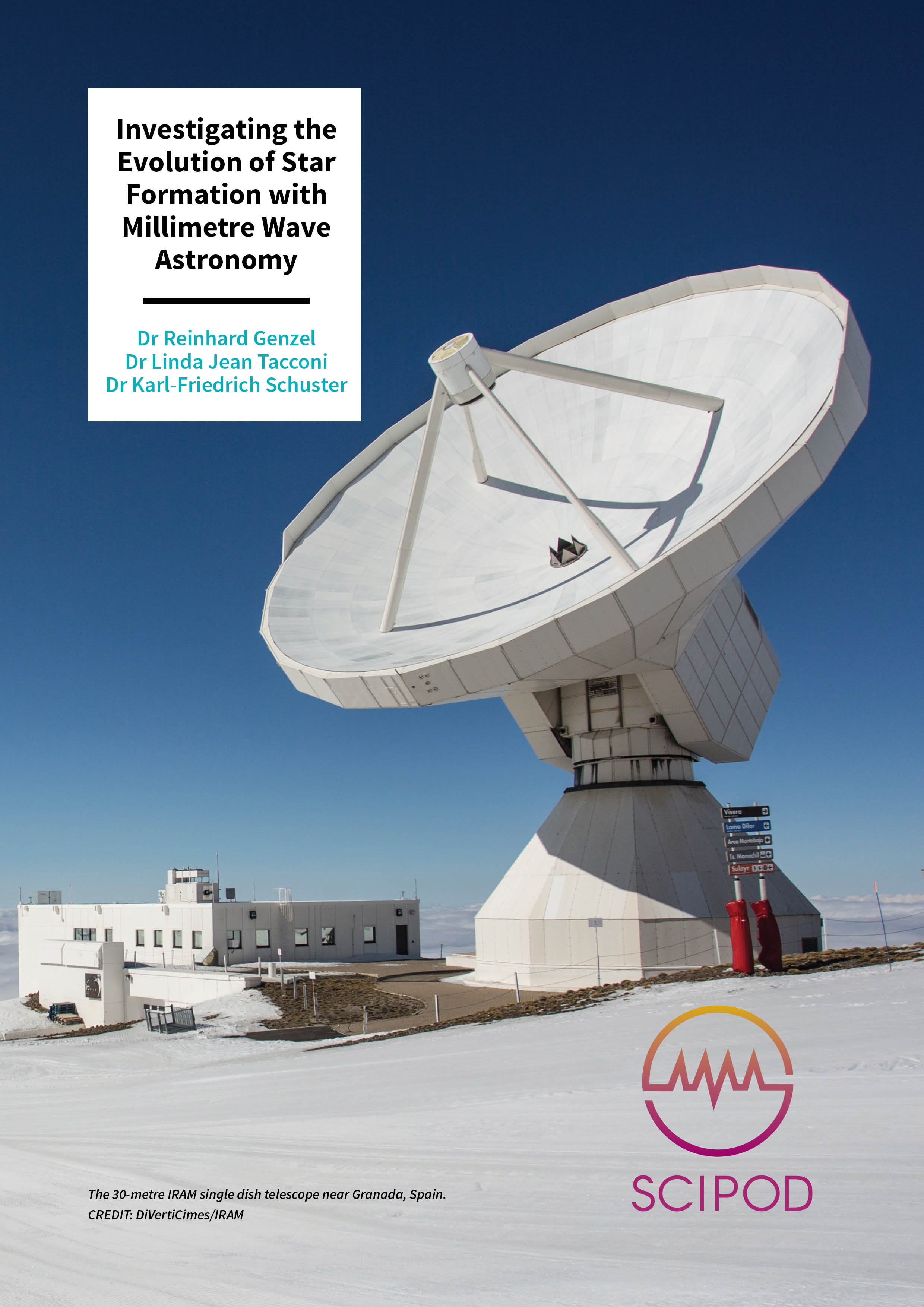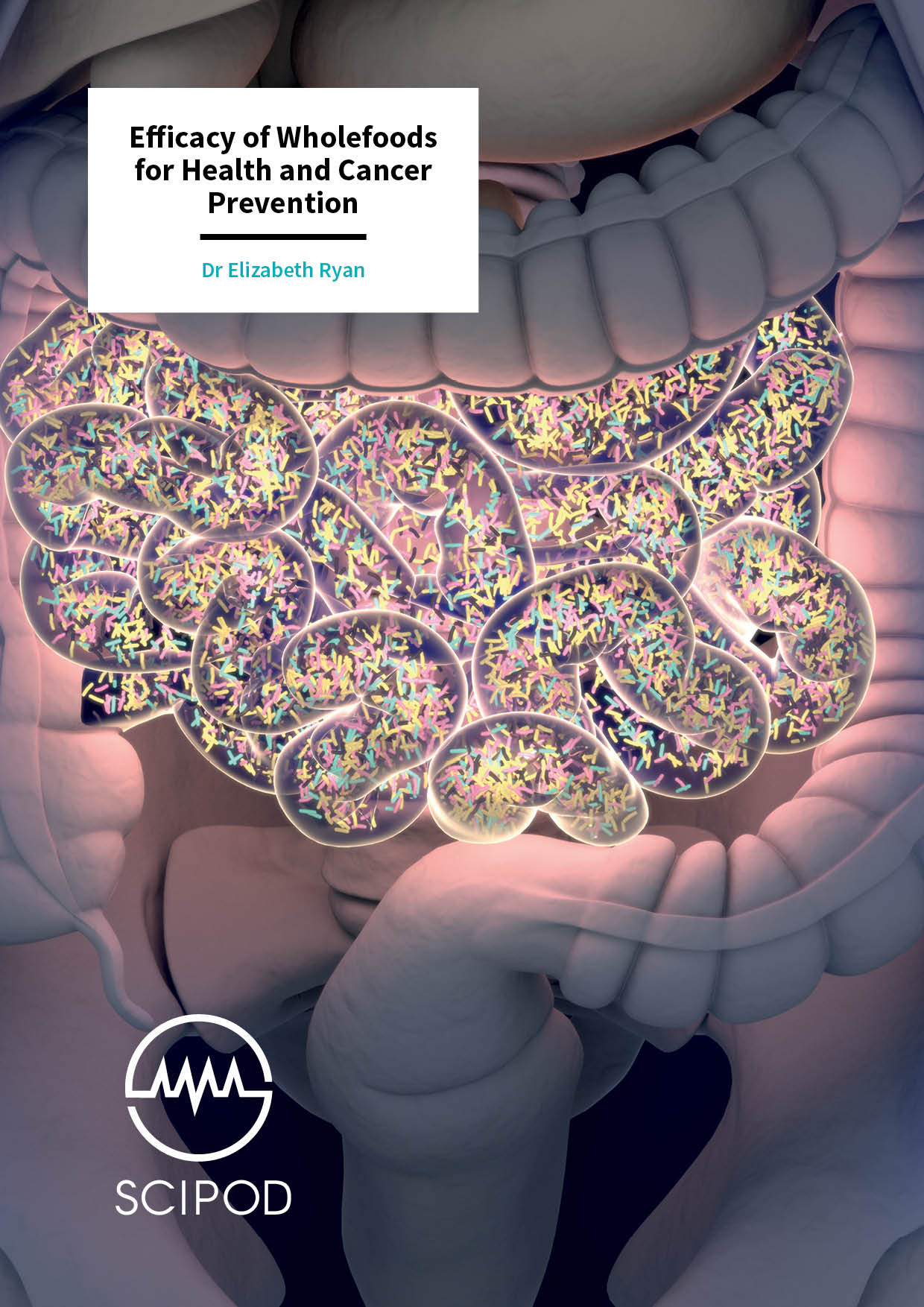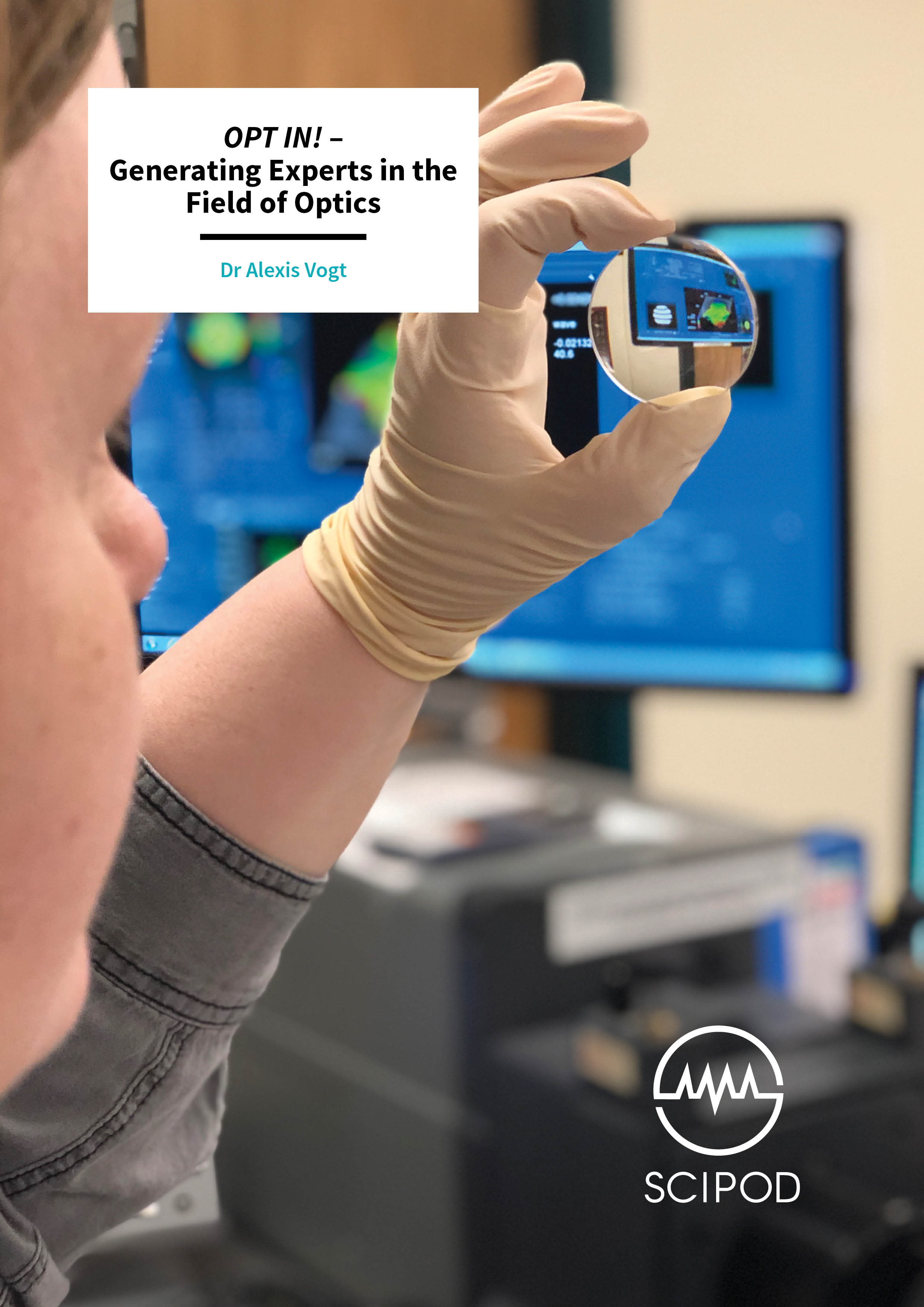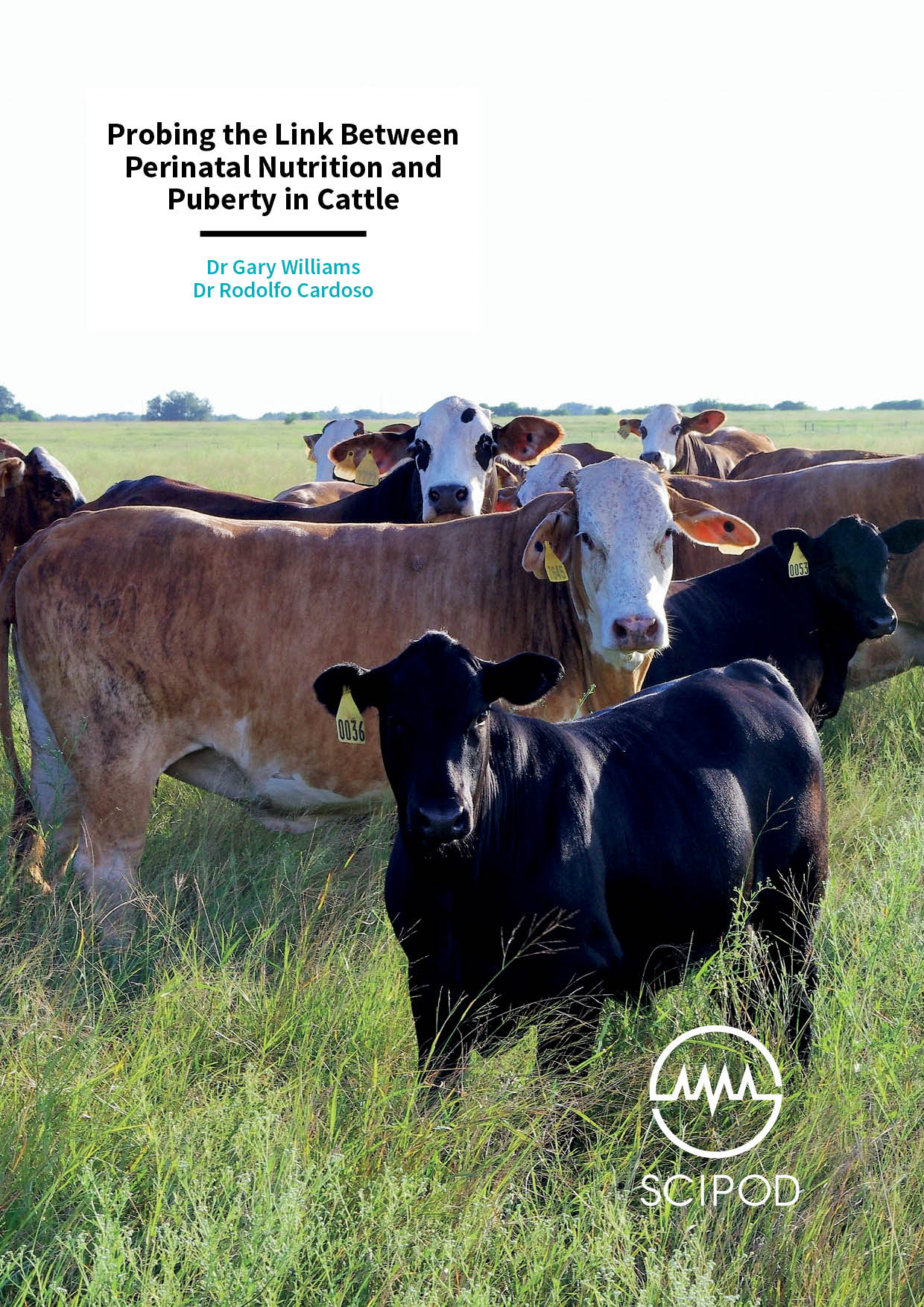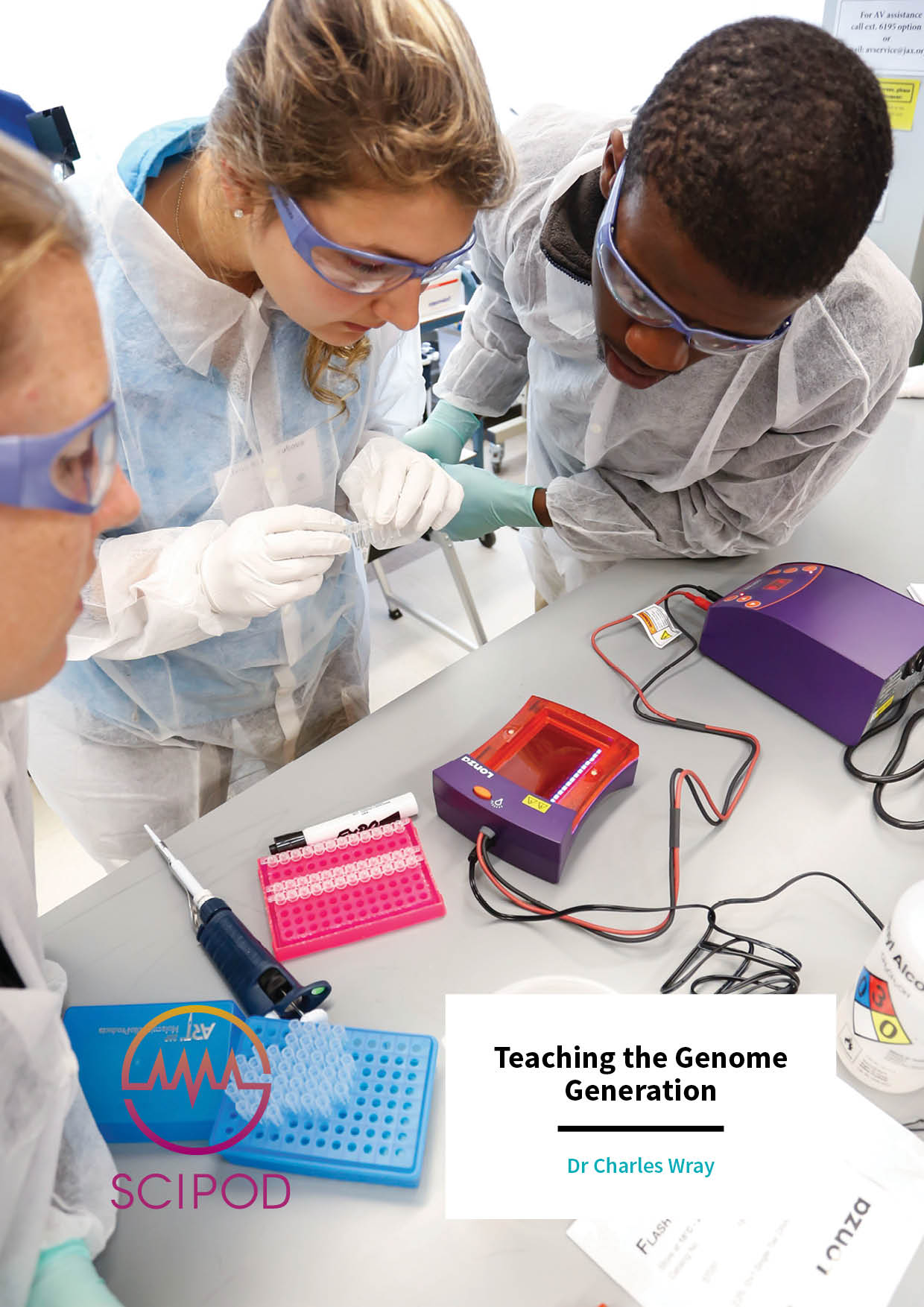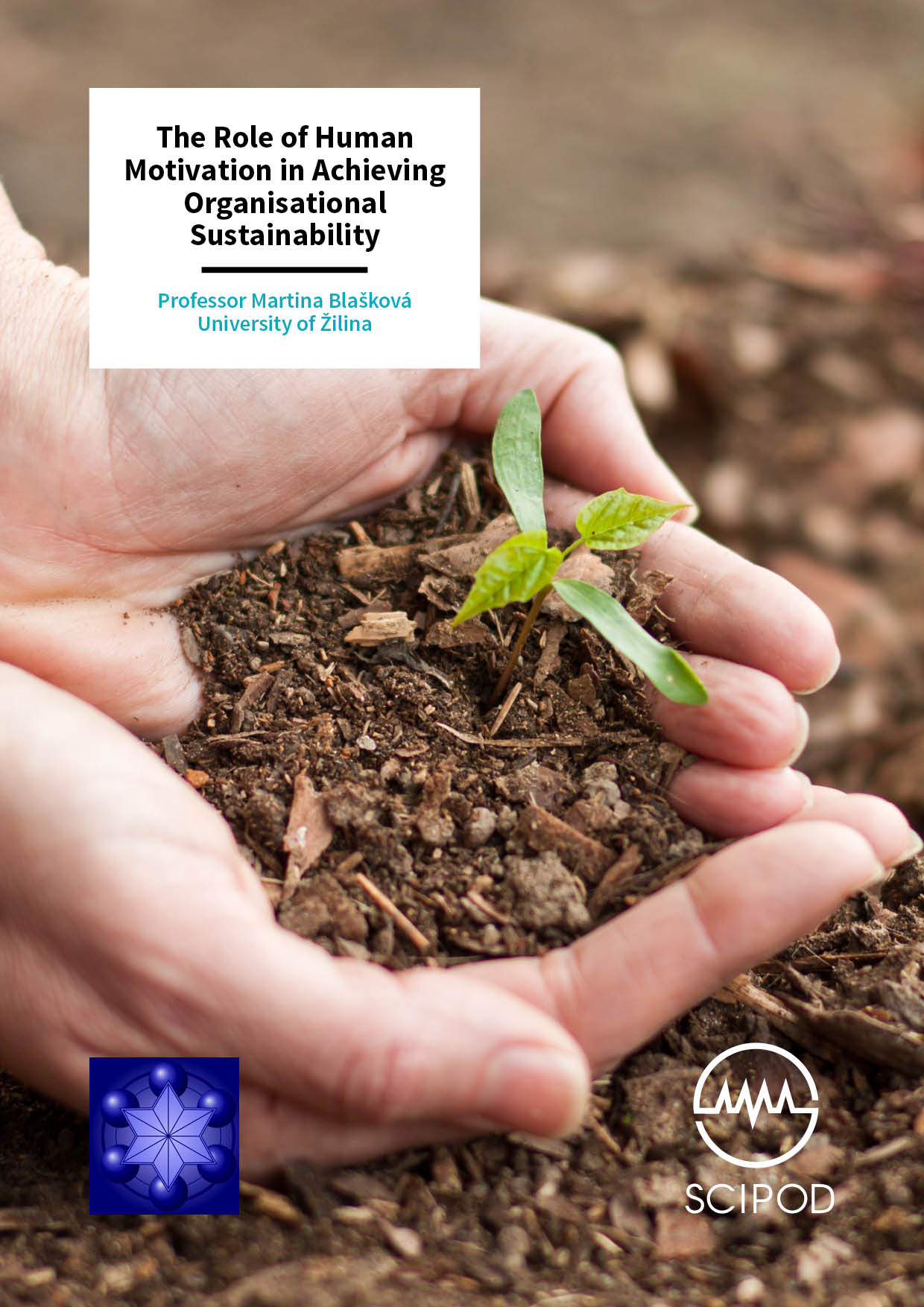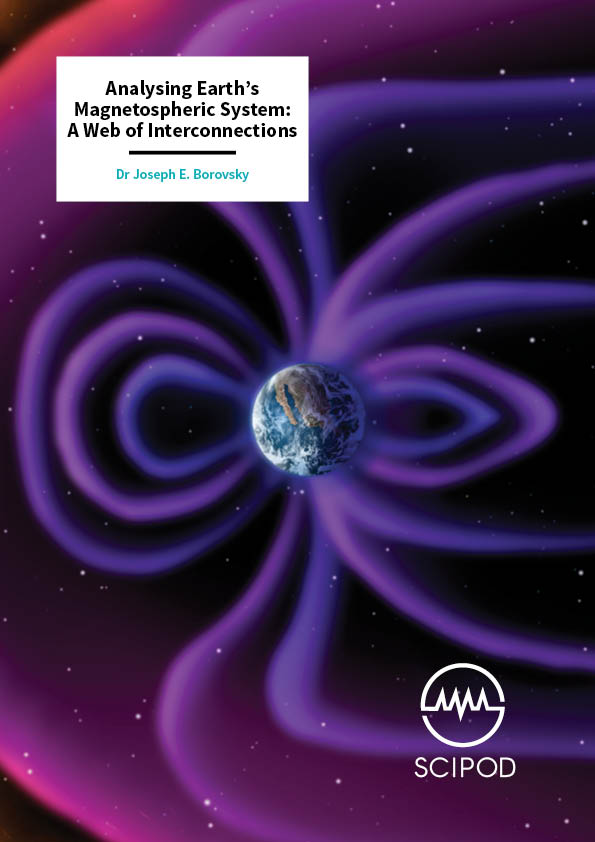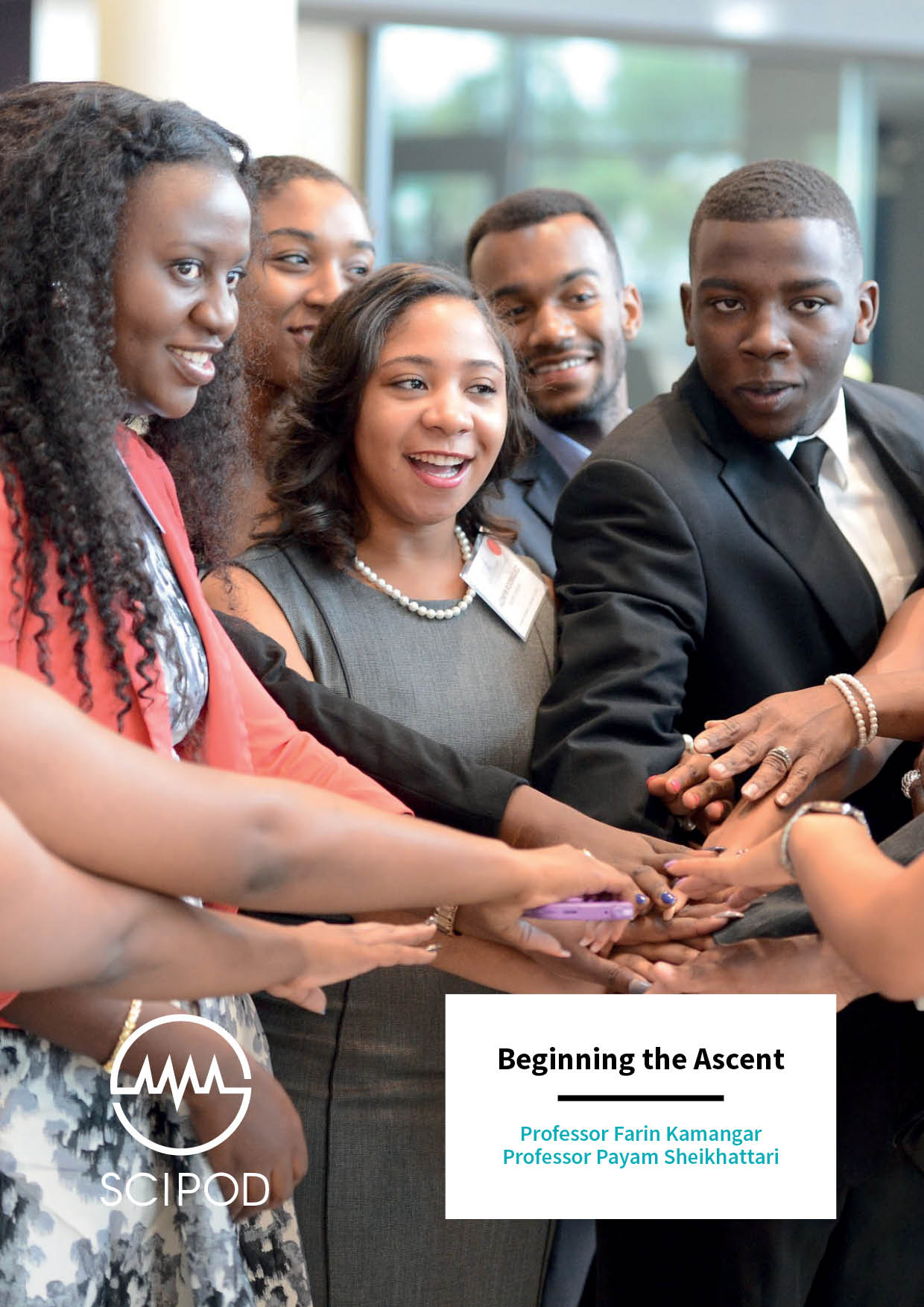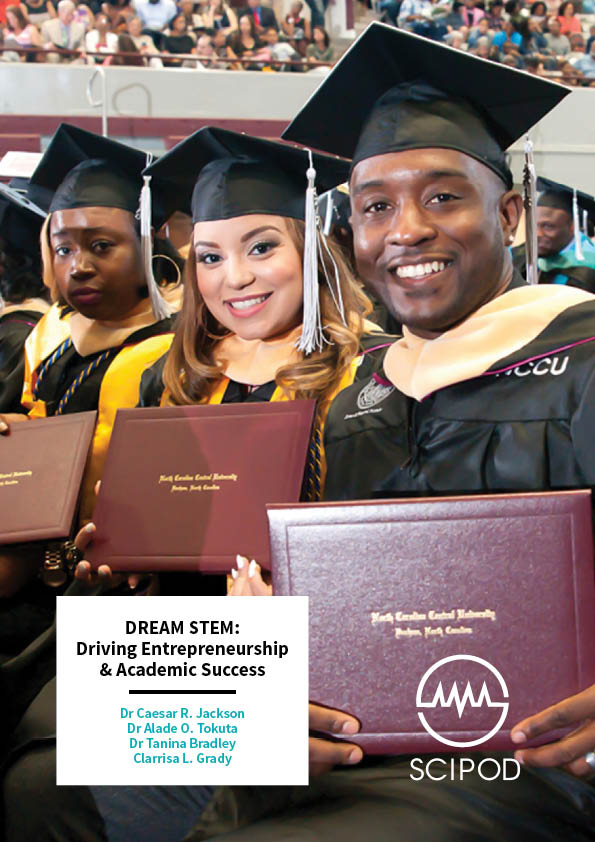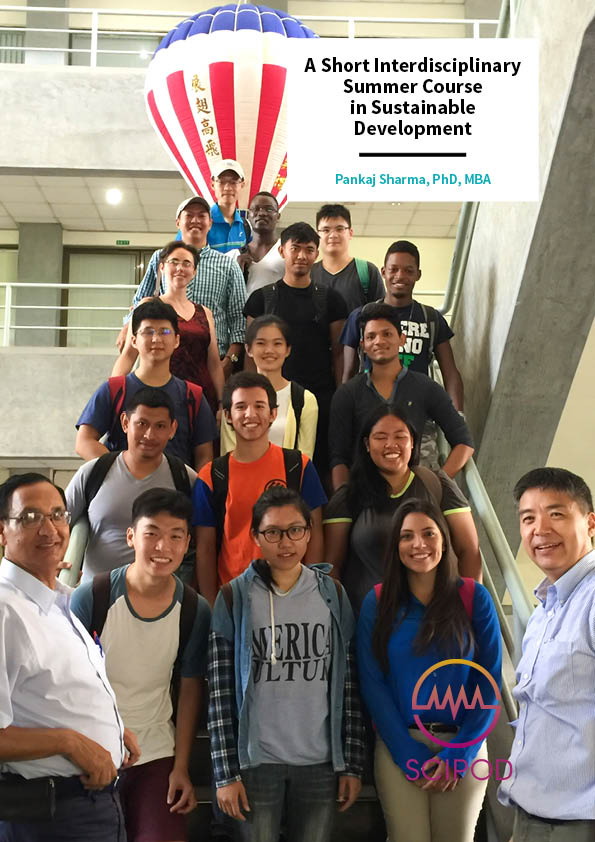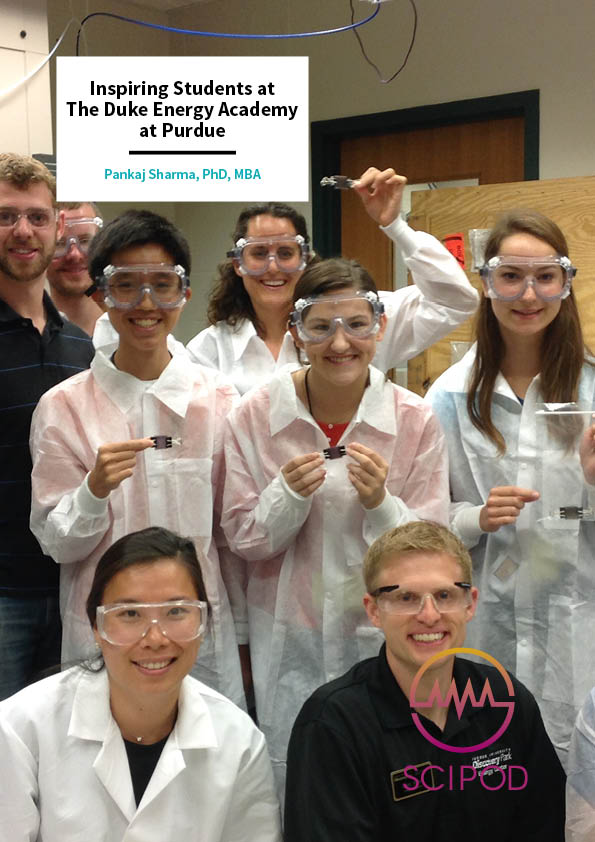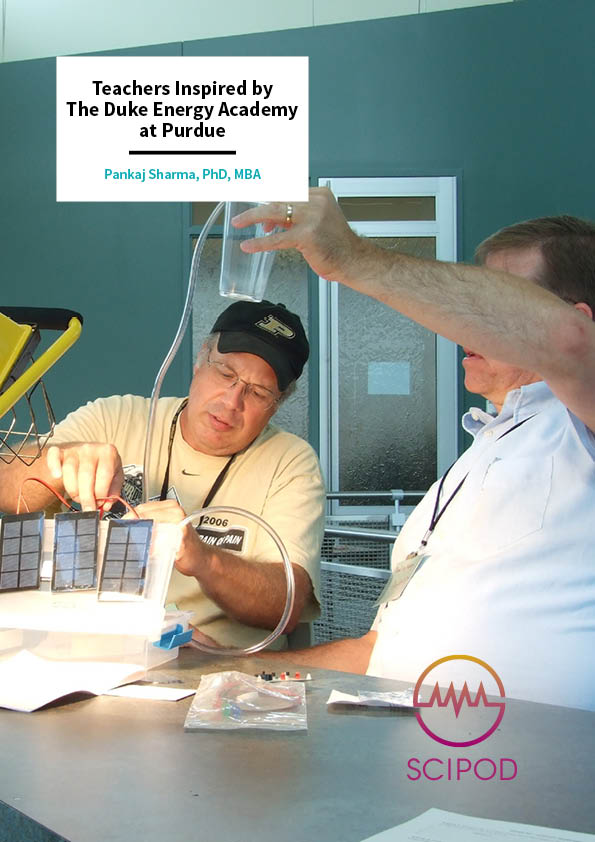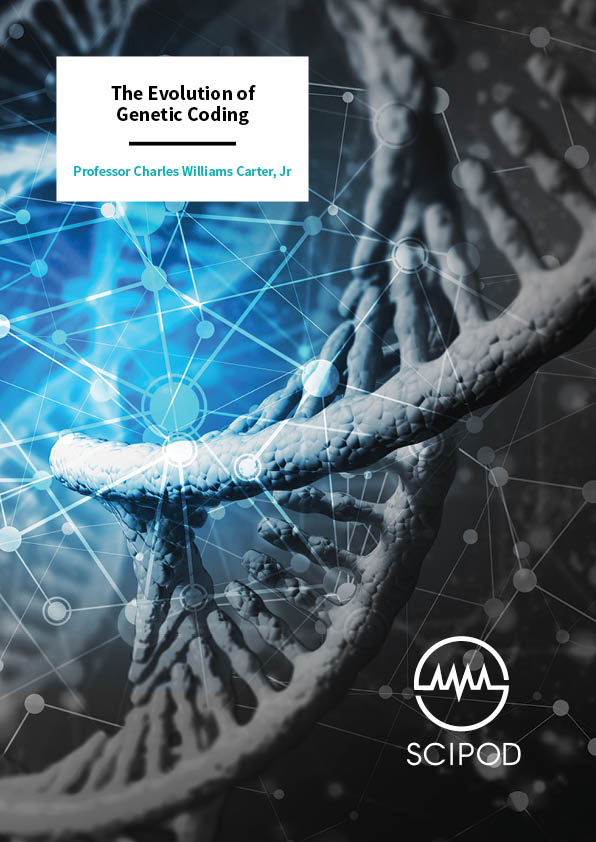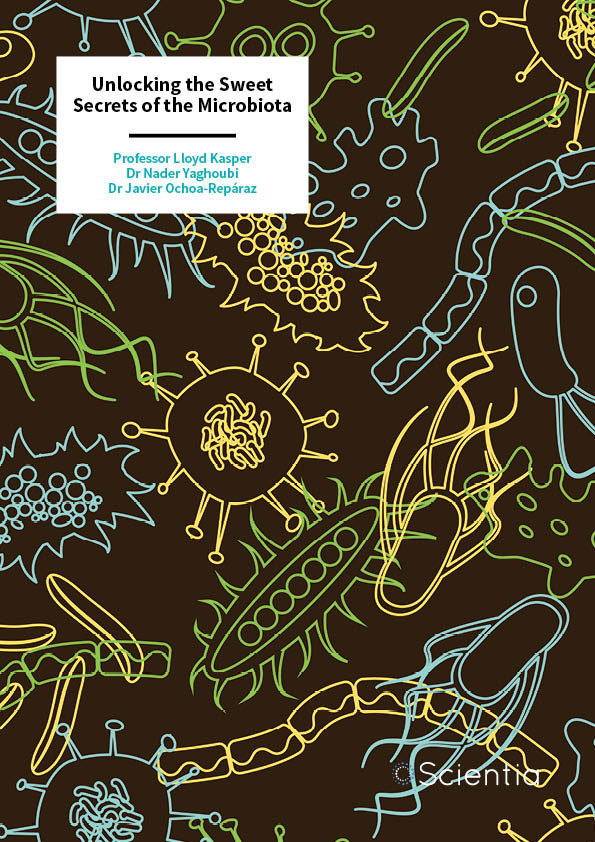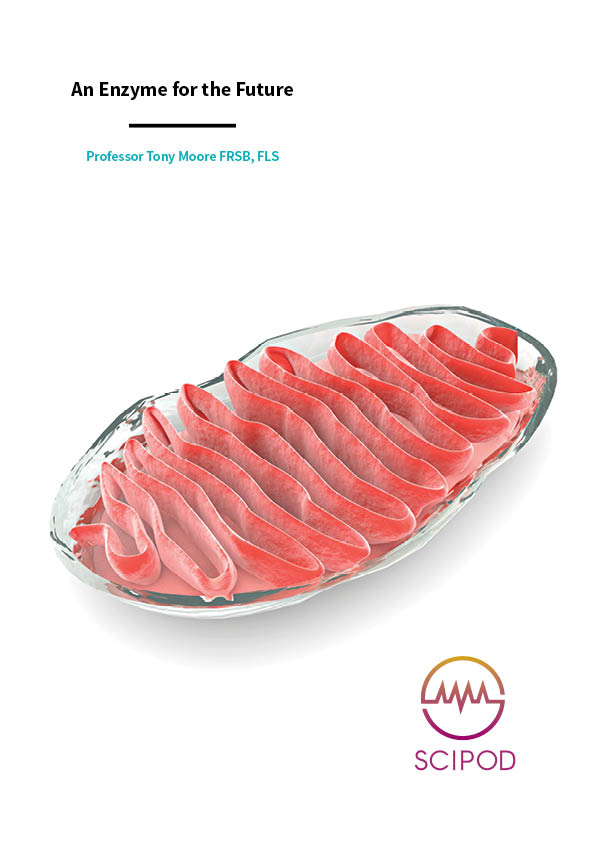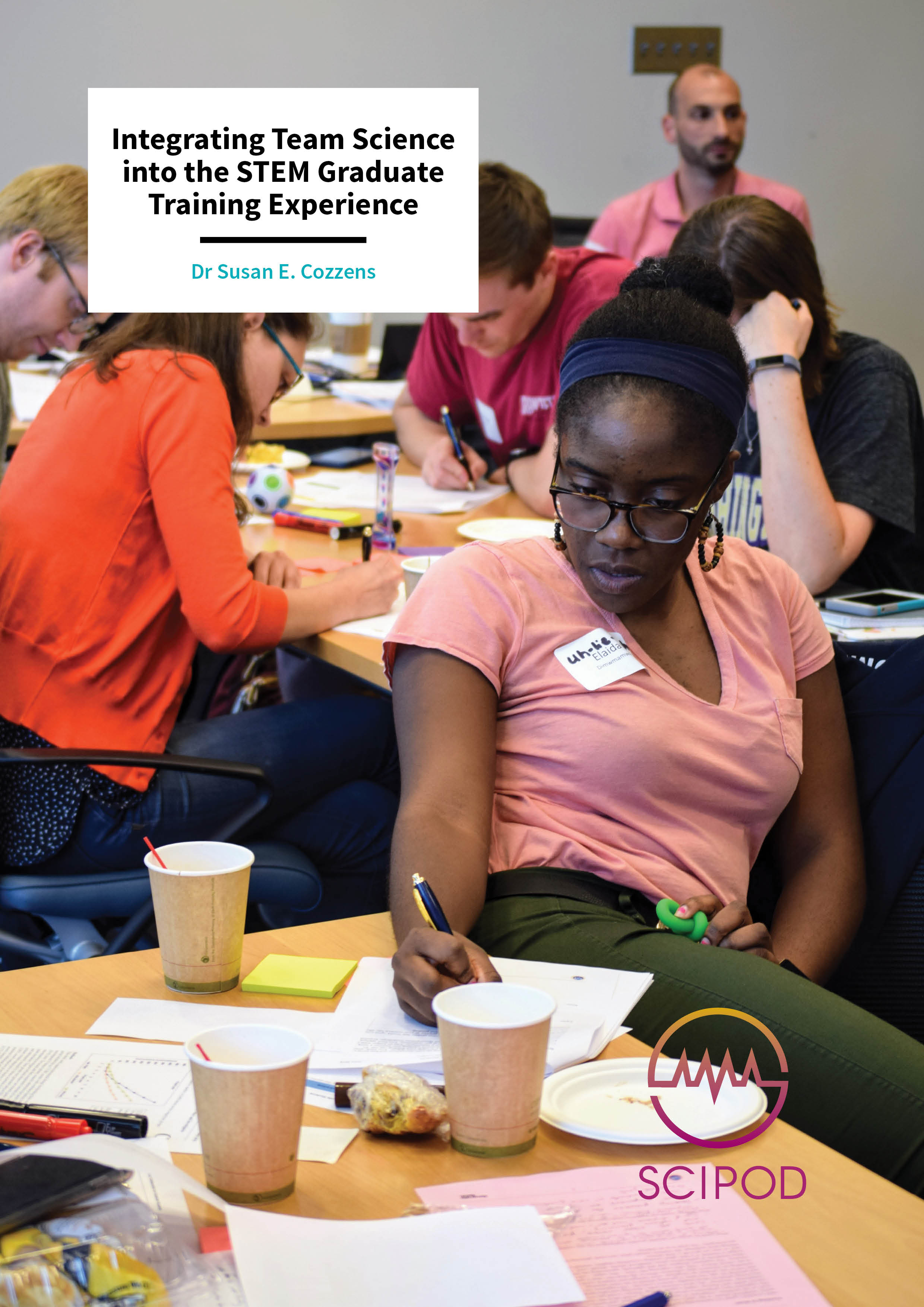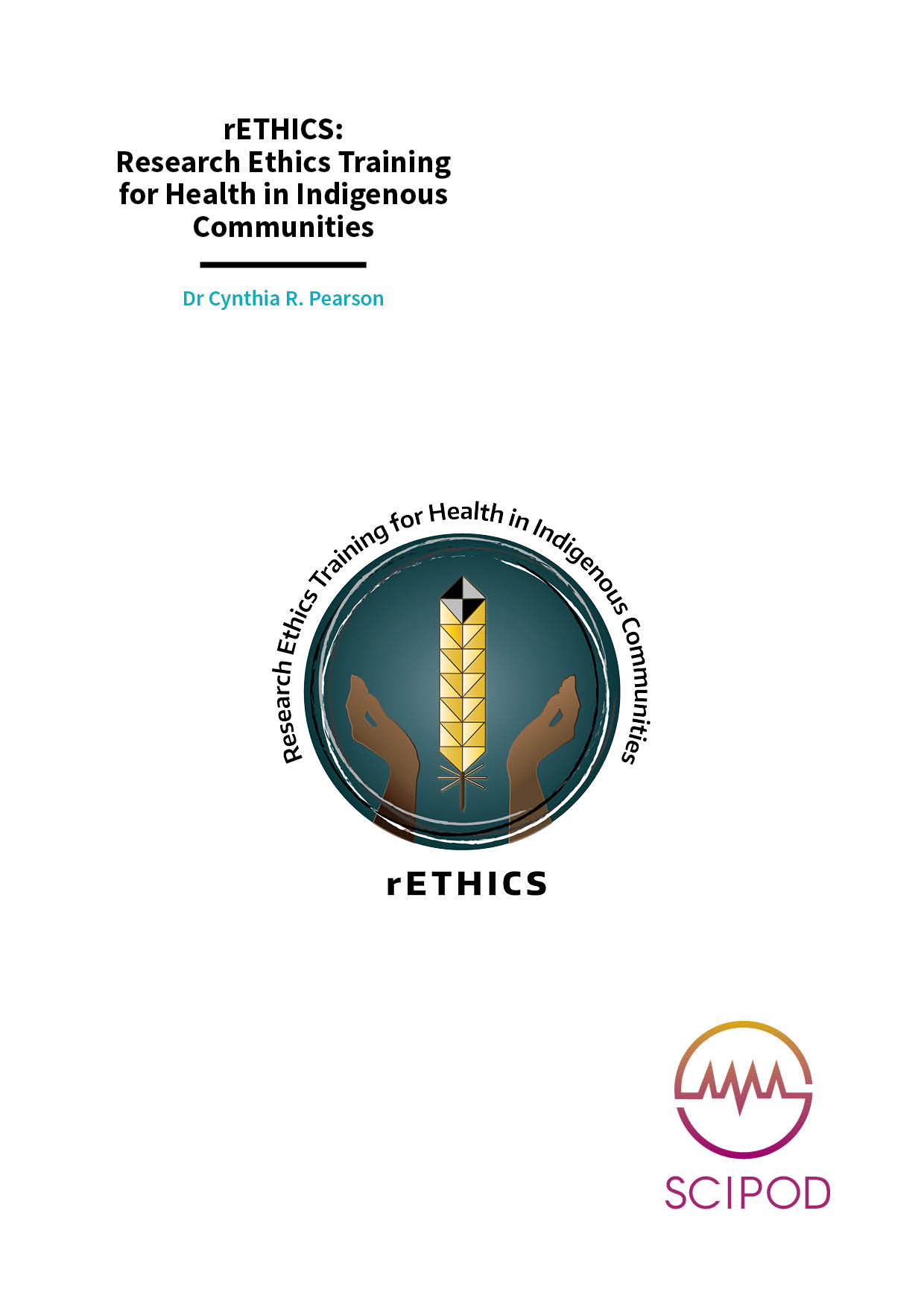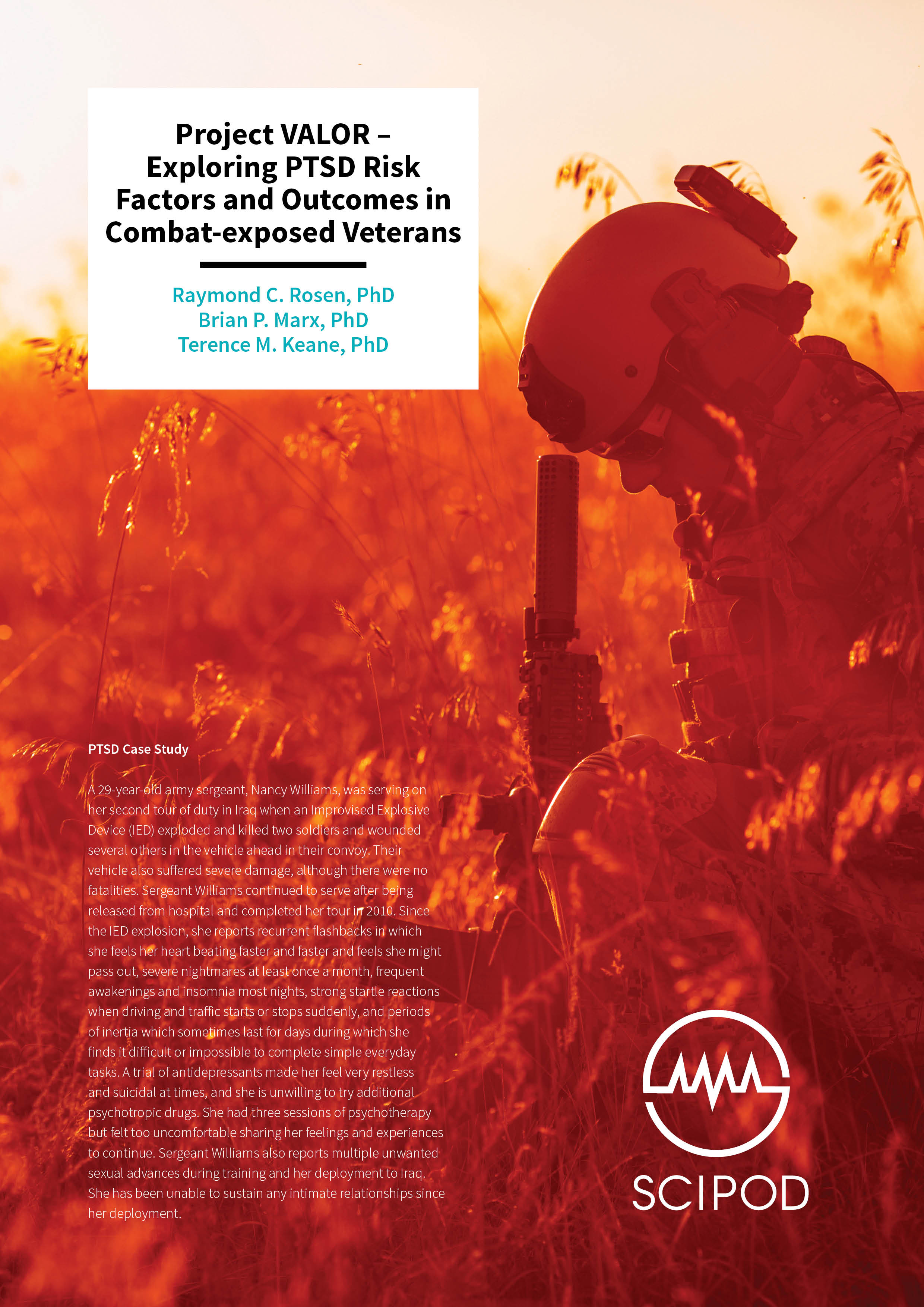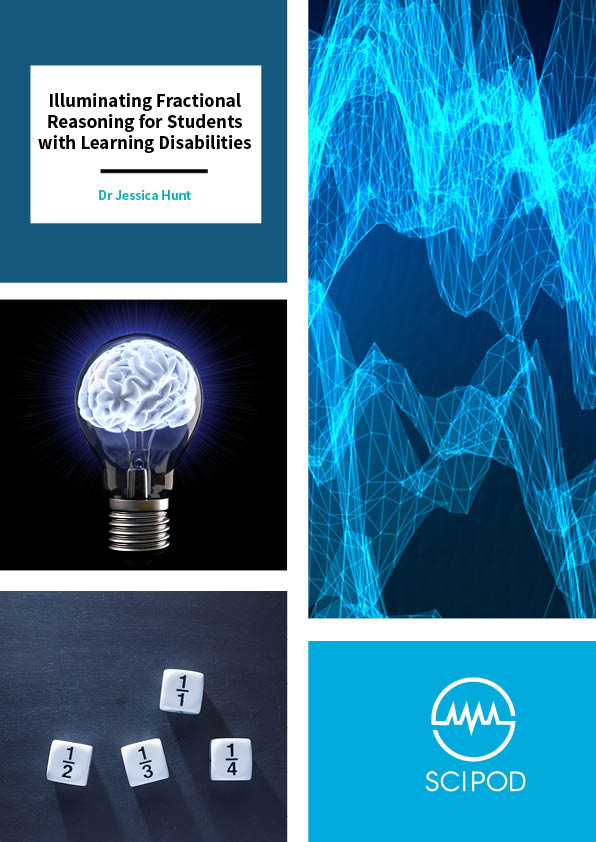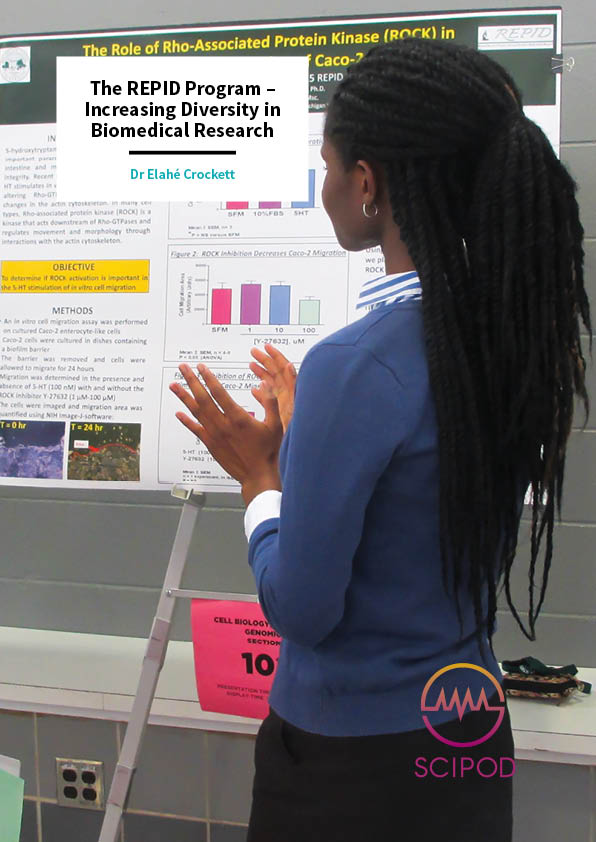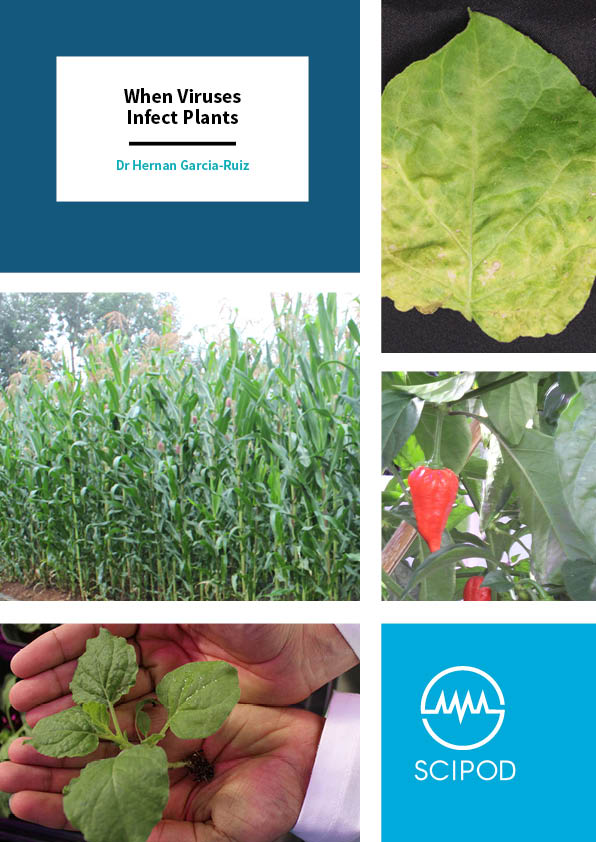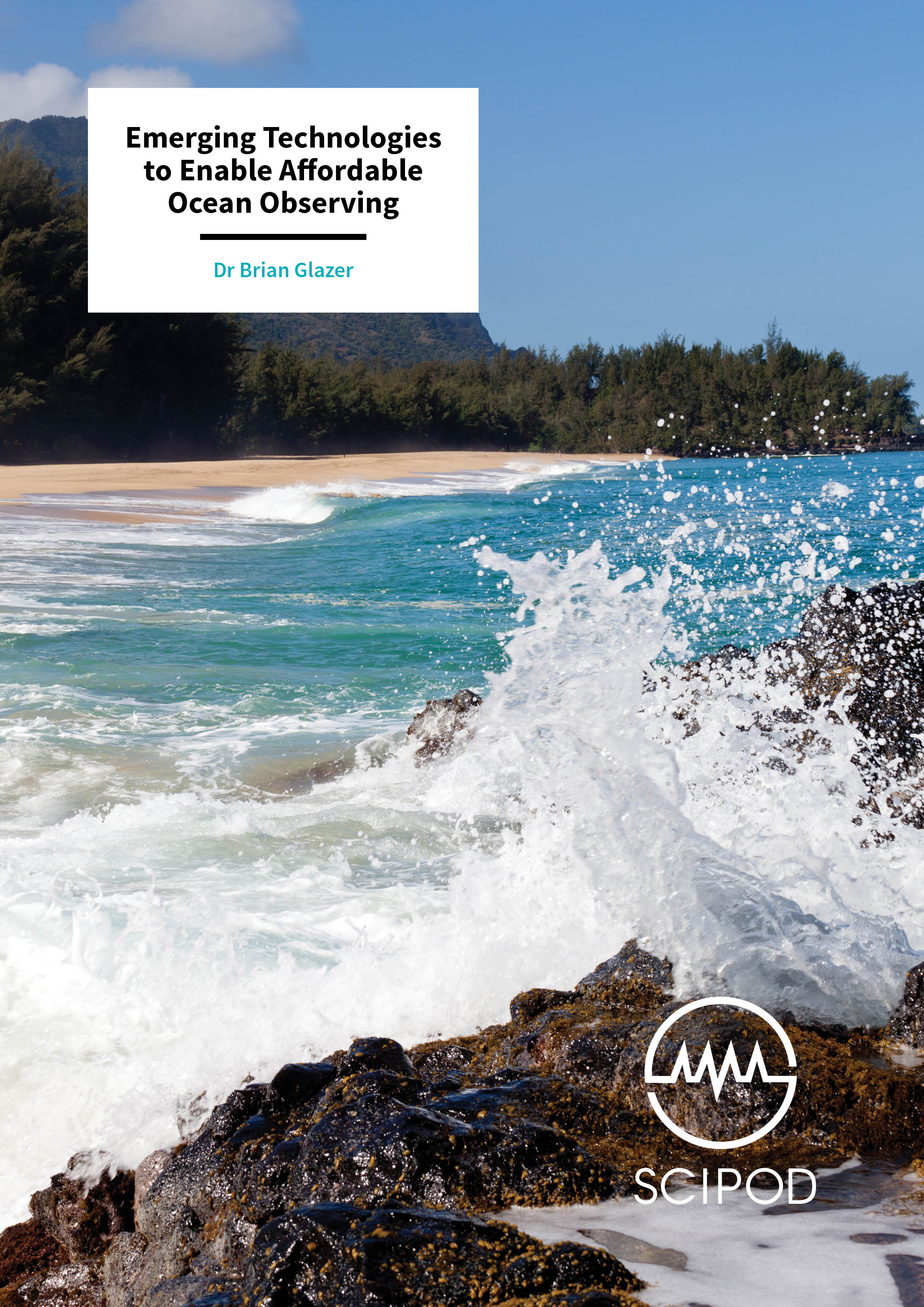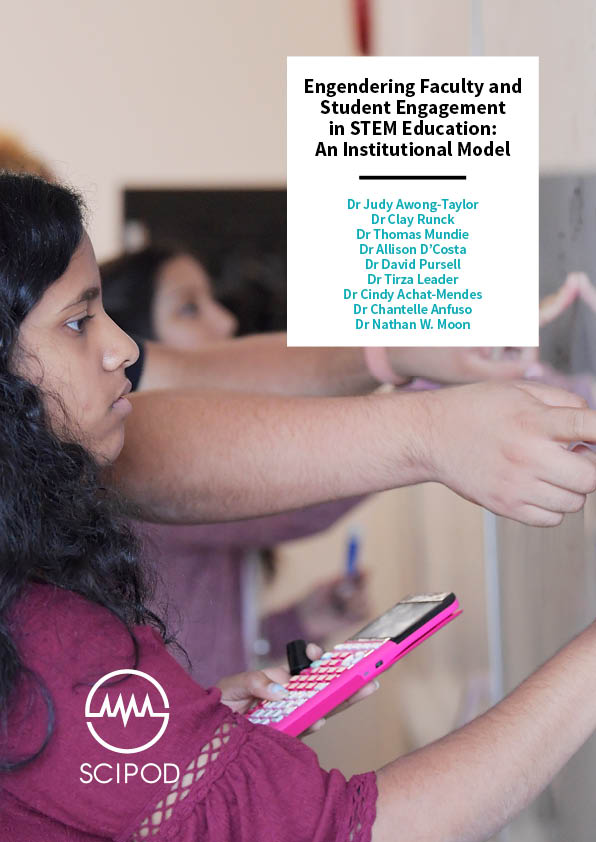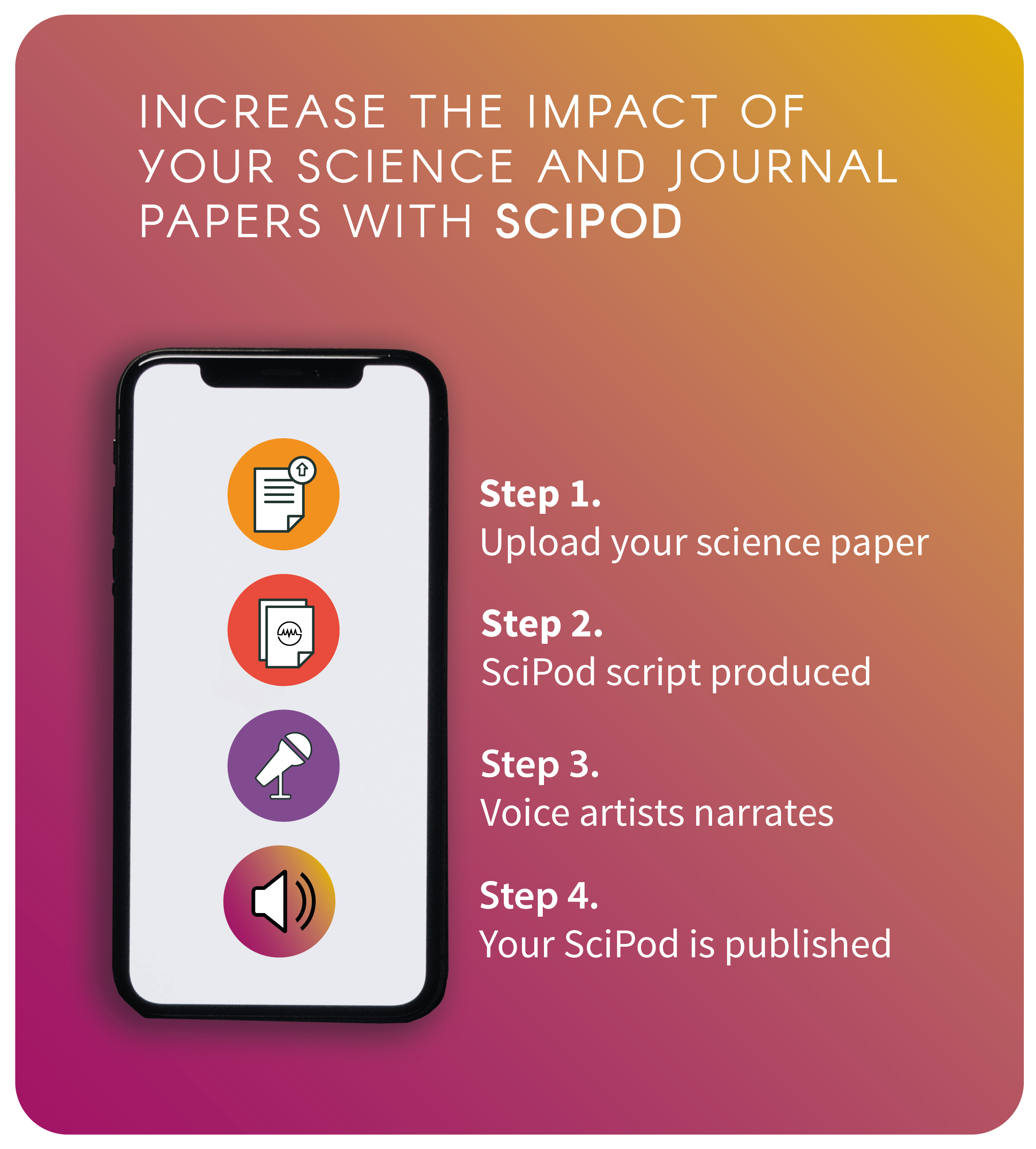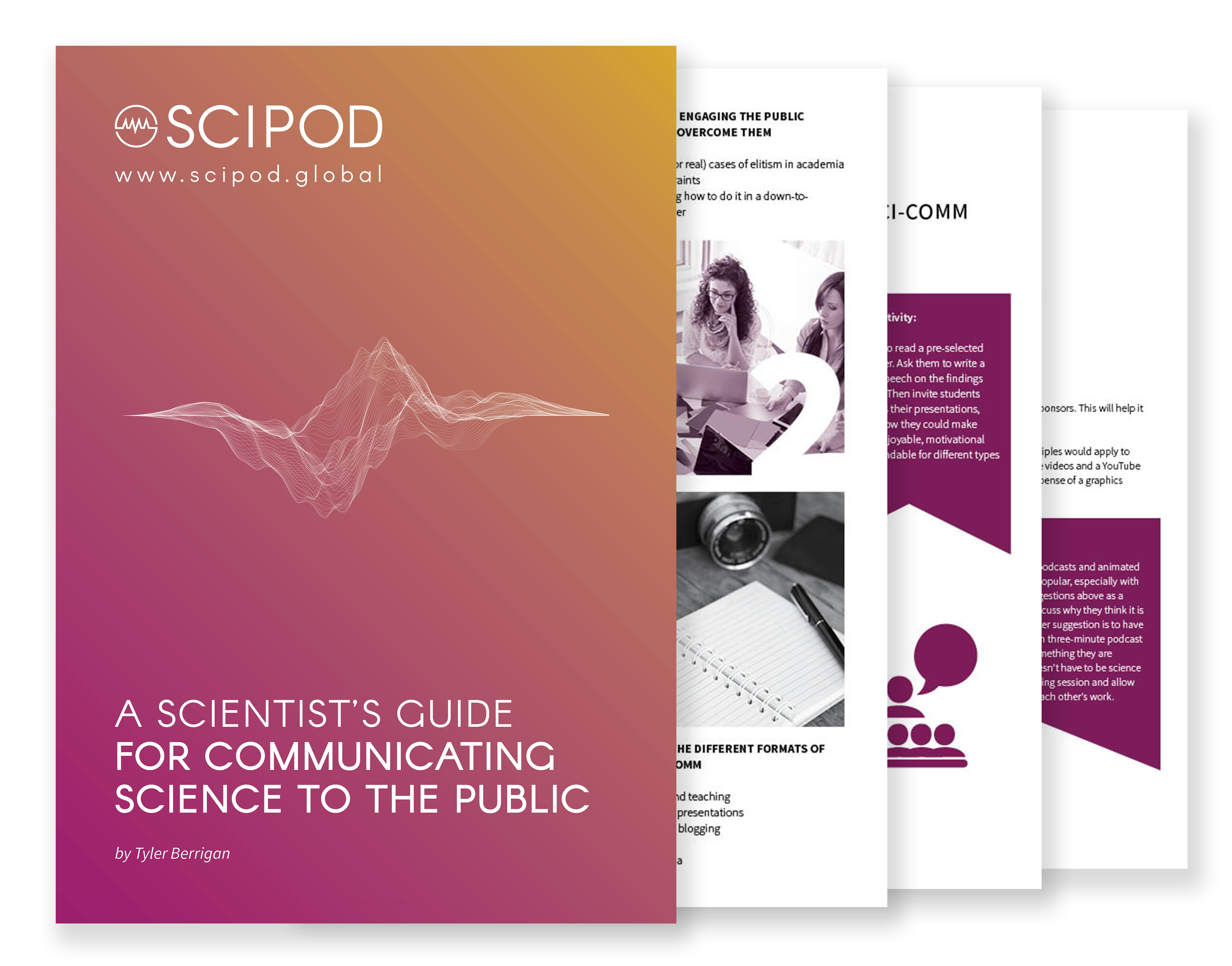Welcome to SciComm Radio
An exclusive interview series with leading scientists and science communicators
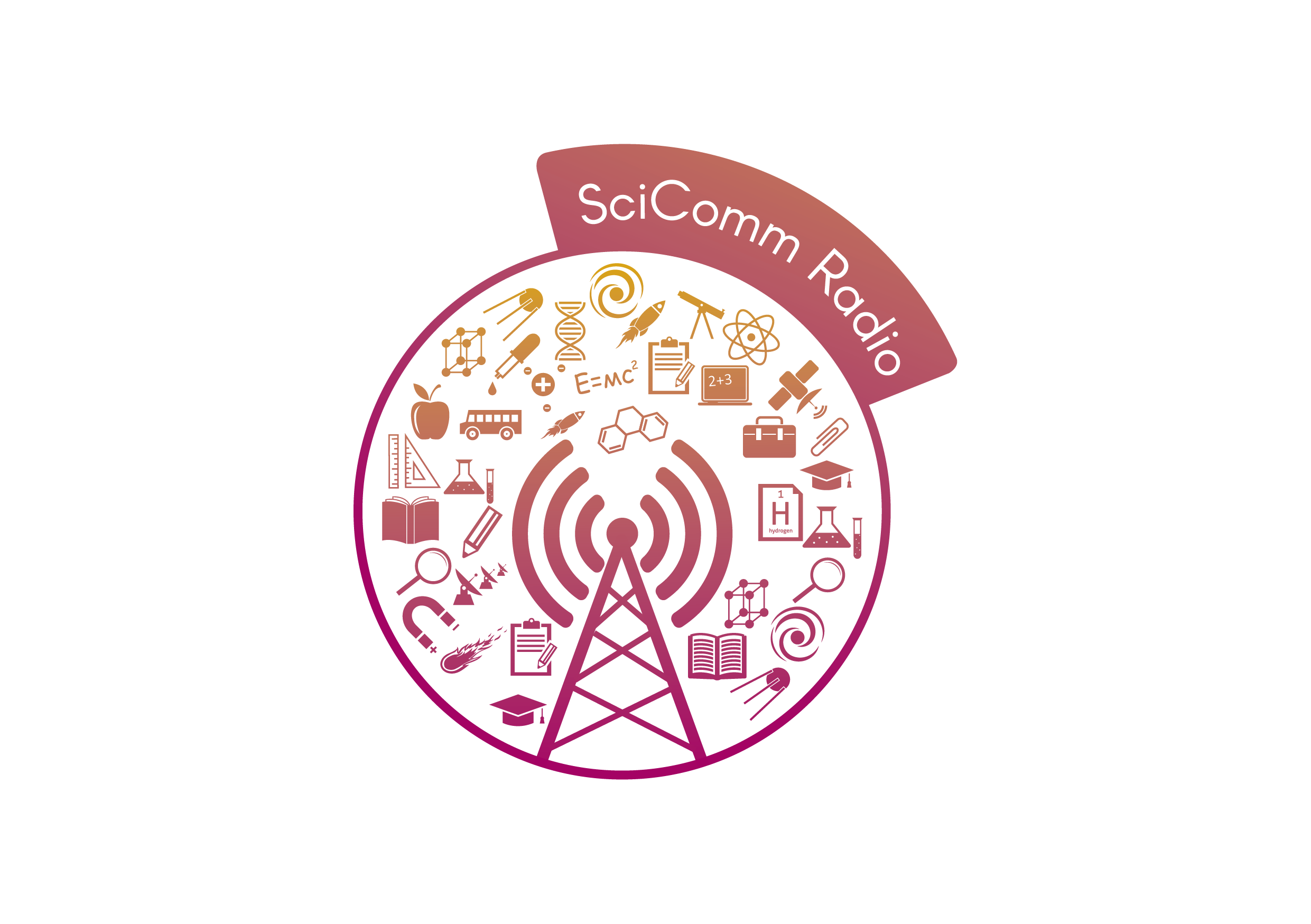
Click Below To Listen To A SciPod Radio Episode
Searching For The Beginning Of The Universe With Brian Keating
Searching For The Beginning Of The Universe With Brian Keating
In this episode we speak with Brian Keating about his research on looking for the start of the universe. And we also explore the ethics around the Nobel Prize.
Resources mentioned:
Brian’s website: https://briankeating.com/
Grab a copy of “Losing The Nobel Prize” here
More SciPods Radio episodes you may like
Join Our 7 part mini-series to guide you through creating a successful outreach and impact campaign called:
“Improving Science Communication And Impact: How To Get Your Research Heard”
Can We Effectively Predict Earthquakes..? With Luca Dal Zilio
Can We Effectively Predict Earthquakes..? With Luca Dal Zilio
Resources mentioned:
Luca’s personal webpage: www.gps.caltech.edu/~dalzilio/
Twitter: https://twitter.com/lucadalzilio (@lucadalzilio)
Caltech SeismoLab: http://www.seismolab.caltech.edu
Geohazard International (GHI): https://www.geohaz.org
United States Geological Survey (USGS) Earthquake Hazards Program: https://earthquake.usgs.gov/learn/preparedness.php
More SciPods Radio episodes you may like
Join Our 7 part mini-series to guide you through creating a successful outreach and impact campaign called:
“Improving Science Communication And Impact: How To Get Your Research Heard”
The Impact of Our Environment on Our Well-being – Dr Lei Cao, The Ohio State University
The Impact of Our Environment on Our Well-being – Dr Lei Cao, The Ohio State University
Original Article Reference
https://doi.org/10.33548/SCIENTIA345
Share Episode
About this episode
This work is licensed under a Creative Commons Attribution 4.0 International License. 
What does this mean?
Share: You can copy and redistribute the material in any medium
or format
Adapt: You can change, and build upon the material for any
purpose, even commercially.
Credit: You must give appropriate credit, provide a link to the
license, and indicate if changes were made.
Related episodes
Increase the impact of your research
• Good science communication encourages everyday people to be scientifically literate so that they can analyse the integrity and legitimacy of information.
• Good science communication encourages people into STEM-related fields of study and employment.
• Good public science communication fosters a community around research that includes both members of the public, policymakers and scientists.
• In a recent survey, 75% of people suggested they would prefer to listen to an interesting story than read it.

Upload your science paper
Step 2
SciPod script written
Step 3
Voice audio recorded
Step 4
SciPod published
Enhancing the Efficacy of Immunotherapeutic Drugs for Prostate Cancer – Dr Douglas McNeel, MD PhD, University of Wisconsin
Enhancing the Efficacy of Immunotherapeutic Drugs for Prostate Cancer – Dr Douglas McNeel, MD PhD, University of Wisconsin
Original Article Reference
https://doi.org/10.33548/SCIENTIA346
Share Episode
About this episode
This work is licensed under a Creative Commons Attribution 4.0 International License. 
What does this mean?
Share: You can copy and redistribute the material in any medium
or format
Adapt: You can change, and build upon the material for any
purpose, even commercially.
Credit: You must give appropriate credit, provide a link to the
license, and indicate if changes were made.
Related episodes
Increase the impact of your research
• Good science communication encourages everyday people to be scientifically literate so that they can analyse the integrity and legitimacy of information.
• Good science communication encourages people into STEM-related fields of study and employment.
• Good public science communication fosters a community around research that includes both members of the public, policymakers and scientists.
• In a recent survey, 75% of people suggested they would prefer to listen to an interesting story than read it.

Upload your science paper
Step 2
SciPod script written
Step 3
Voice audio recorded
Step 4
SciPod published
How To Help Bumblebees Before The World Ends… With Dave Goulson
How To Help Bumblebees Before The World Ends… With Dave Goulson
In this episode of SciPod Radio we talk with Dave Goulson about his research on bumblebees. We cover why they’re so important to our existence, how to get more involved with bees if your a keen gardener, and even how you can help if you’re not green-fingered or you don’t have a garden…
Resources mentioned:
Best garden flowers for bees: http://www.sussex.ac.uk/lifesci/goulsonlab/resources/flowers
For Dave’s new book click here: “The Garden Jungle: or Gardening to Save the Planet”
More SciPods Radio episodes you may like
Join Our 7 part mini-series to guide you through creating a successful outreach and impact campaign called:
“Improving Science Communication And Impact: How To Get Your Research Heard”
Investigating the Evolution of Star Formation with Millimetre Wave Astronomy – Dr Reinhard Genzel, Dr Linda Jean Tacconi, Dr Karl-Friedrich Schuster
Investigating the Evolution of Star Formation with Millimetre Wave Astronomy – Dr Reinhard Genzel, Dr Linda Jean Tacconi, Dr Karl-Friedrich Schuster
Original Article Reference
https://doi.org/10.33548/SCIENTIA317
Share Episode
About this episode
This work is licensed under a Creative Commons Attribution 4.0 International License. 
What does this mean?
Share: You can copy and redistribute the material in any medium
or format
Adapt: You can change, and build upon the material for any
purpose, even commercially.
Credit: You must give appropriate credit, provide a link to the
license, and indicate if changes were made.
Related episodes
Increase the impact of your research
• Good science communication encourages everyday people to be scientifically literate so that they can analyse the integrity and legitimacy of information.
• Good science communication encourages people into STEM-related fields of study and employment.
• Good public science communication fosters a community around research that includes both members of the public, policymakers and scientists.
• In a recent survey, 75% of people suggested they would prefer to listen to an interesting story than read it.

Upload your science paper
Step 2
SciPod script written
Step 3
Voice audio recorded
Step 4
SciPod published
Efficacy of Wholefoods for Health and Cancer Prevention – Dr Elizabeth Ryan, Colorado State University
Efficacy of Wholefoods for Health and Cancer Prevention – Dr Elizabeth Ryan, Colorado State University
Original Article Reference
https://doi.org/10.33548/SCIENTIA341
Share Episode
About this episode
This work is licensed under a Creative Commons Attribution 4.0 International License. 
What does this mean?
Share: You can copy and redistribute the material in any medium
or format
Adapt: You can change, and build upon the material for any
purpose, even commercially.
Credit: You must give appropriate credit, provide a link to the
license, and indicate if changes were made.
Related episodes
Increase the impact of your research
• Good science communication encourages everyday people to be scientifically literate so that they can analyse the integrity and legitimacy of information.
• Good science communication encourages people into STEM-related fields of study and employment.
• Good public science communication fosters a community around research that includes both members of the public, policymakers and scientists.
• In a recent survey, 75% of people suggested they would prefer to listen to an interesting story than read it.

Upload your science paper
Step 2
SciPod script written
Step 3
Voice audio recorded
Step 4
SciPod published
OPT IN! – Generating Experts In The Field Of Optics – Dr Alexis Vogt, State University Of New York
OPT IN! – Generating Experts In The Field Of Optics – Dr Alexis Vogt, State University Of New York
Original Article Reference
https://doi.org/10.26320/SCIENTIA315
Share Episode
About this episode
This work is licensed under a Creative Commons Attribution 4.0 International License. 
What does this mean?
Share: You can copy and redistribute the material in any medium
or format
Adapt: You can change, and build upon the material for any
purpose, even commercially.
Credit: You must give appropriate credit, provide a link to the
license, and indicate if changes were made.
Related episodes
Increase the impact of your research
• Good science communication encourages everyday people to be scientifically literate so that they can analyse the integrity and legitimacy of information.
• Good science communication encourages people into STEM-related fields of study and employment.
• Good public science communication fosters a community around research that includes both members of the public, policymakers and scientists.
• In a recent survey, 75% of people suggested they would prefer to listen to an interesting story than read it.

Upload your science paper
Step 2
SciPod script written
Step 3
Voice audio recorded
Step 4
SciPod published
Probing the Link Between Perinatal Nutrition and Puberty in Cattle – Dr Gary Williams and Dr Rodolfo Cardoso, Texas A&M University
Probing the Link Between Perinatal Nutrition and Puberty in Cattle – Dr Gary Williams and Dr Rodolfo Cardoso, Texas A&M University
Original Article Reference
https://doi.org/10.33548/SCIENTIA340
Share Episode
About this episode
This work is licensed under a Creative Commons Attribution 4.0 International License. 
What does this mean?
Share: You can copy and redistribute the material in any medium
or format
Adapt: You can change, and build upon the material for any
purpose, even commercially.
Credit: You must give appropriate credit, provide a link to the
license, and indicate if changes were made.
Related episodes
Increase the impact of your research
• Good science communication encourages everyday people to be scientifically literate so that they can analyse the integrity and legitimacy of information.
• Good science communication encourages people into STEM-related fields of study and employment.
• Good public science communication fosters a community around research that includes both members of the public, policymakers and scientists.
• In a recent survey, 75% of people suggested they would prefer to listen to an interesting story than read it.

Upload your science paper
Step 2
SciPod script written
Step 3
Voice audio recorded
Step 4
SciPod published
Teaching the Genome Generation – Dr Charles Wray, The Jackson Laboratory
Teaching the Genome Generation – Dr Charles Wray, The Jackson Laboratory
Original Article Reference
https://doi.org/10.26320/SCIENTIA308
Share Episode
About this episode
This work is licensed under a Creative Commons Attribution 4.0 International License. 
What does this mean?
Share: You can copy and redistribute the material in any medium
or format
Adapt: You can change, and build upon the material for any
purpose, even commercially.
Credit: You must give appropriate credit, provide a link to the
license, and indicate if changes were made.
Related episodes
Increase the impact of your research
• Good science communication encourages everyday people to be scientifically literate so that they can analyse the integrity and legitimacy of information.
• Good science communication encourages people into STEM-related fields of study and employment.
• Good public science communication fosters a community around research that includes both members of the public, policymakers and scientists.
• In a recent survey, 75% of people suggested they would prefer to listen to an interesting story than read it.

Upload your science paper
Step 2
SciPod script written
Step 3
Voice audio recorded
Step 4
SciPod published
An Arts-based Approach to Science Communication Training – Dr Daniel J. McGarvey and Sarah E. Faris
An Arts-based Approach to Science Communication Training – Dr Daniel J. McGarvey and Sarah E. Faris
Original Article Reference
https://doi.org/10.26320/SCIENTIA311
Share Episode
About this episode
This work is licensed under a Creative Commons Attribution 4.0 International License. 
What does this mean?
Share: You can copy and redistribute the material in any medium
or format
Adapt: You can change, and build upon the material for any
purpose, even commercially.
Credit: You must give appropriate credit, provide a link to the
license, and indicate if changes were made.
Related episodes
Increase the impact of your research
• Good science communication encourages everyday people to be scientifically literate so that they can analyse the integrity and legitimacy of information.
• Good science communication encourages people into STEM-related fields of study and employment.
• Good public science communication fosters a community around research that includes both members of the public, policymakers and scientists.
• In a recent survey, 75% of people suggested they would prefer to listen to an interesting story than read it.

Upload your science paper
Step 2
SciPod script written
Step 3
Voice audio recorded
Step 4
SciPod published
The Role of Human Motivation in Achieving Organisational Sustainability – Professor Martina Blašková, University of Žilina
The Role of Human Motivation in Achieving Organisational Sustainability – Professor Martina Blašková, University of Žilina
Original Article Reference
This SciPod is a summary of the paper ‘Responsible Decision making for Sustainable Motivation’, from Sustainability, an MDPI journal. https://doi.org/10.3390/su10103393
Share Episode
About this episode
This work is licensed under a Creative Commons Attribution 4.0 International License. 
What does this mean?
Share: You can copy and redistribute the material in any medium
or format
Adapt: You can change, and build upon the material for any
purpose, even commercially.
Credit: You must give appropriate credit, provide a link to the
license, and indicate if changes were made.
Related episodes
Increase the impact of your research
• Good science communication encourages everyday people to be scientifically literate so that they can analyse the integrity and legitimacy of information.
• Good science communication encourages people into STEM-related fields of study and employment.
• Good public science communication fosters a community around research that includes both members of the public, policymakers and scientists.
• In a recent survey, 75% of people suggested they would prefer to listen to an interesting story than read it.

Upload your science paper
Step 2
SciPod script written
Step 3
Voice audio recorded
Step 4
SciPod published
Analysing Earth’s Magnetospheric System A Web of Interconnections – Dr Joseph E. Borovsky, Space Science Institute
Analysing Earth’s Magnetospheric System A Web of Interconnections – Dr Joseph E. Borovsky, Space Science Institute
Original Article Reference
https://doi.org/10.26320/SCIENTIA302
Share Episode
About this episode
This work is licensed under a Creative Commons Attribution 4.0 International License. 
What does this mean?
Share: You can copy and redistribute the material in any medium
or format
Adapt: You can change, and build upon the material for any
purpose, even commercially.
Credit: You must give appropriate credit, provide a link to the
license, and indicate if changes were made.
Related episodes
Increase the impact of your research
• Good science communication encourages everyday people to be scientifically literate so that they can analyse the integrity and legitimacy of information.
• Good science communication encourages people into STEM-related fields of study and employment.
• Good public science communication fosters a community around research that includes both members of the public, policymakers and scientists.
• In a recent survey, 75% of people suggested they would prefer to listen to an interesting story than read it.

Upload your science paper
Step 2
SciPod script written
Step 3
Voice audio recorded
Step 4
SciPod published
Beginning the Ascent – Professor Farin Kamangar and Professor Payam Sheikhattari
Beginning the Ascent – Professor Farin Kamangar and Professor Payam Sheikhattari
Original Article Reference
https://doi.org/10.33548/SCIENTIA334
Share Episode
About this episode
This work is licensed under a Creative Commons Attribution 4.0 International License. 
What does this mean?
Share: You can copy and redistribute the material in any medium
or format
Adapt: You can change, and build upon the material for any
purpose, even commercially.
Credit: You must give appropriate credit, provide a link to the
license, and indicate if changes were made.
Related episodes
Increase the impact of your research
• Good science communication encourages everyday people to be scientifically literate so that they can analyse the integrity and legitimacy of information.
• Good science communication encourages people into STEM-related fields of study and employment.
• Good public science communication fosters a community around research that includes both members of the public, policymakers and scientists.
• In a recent survey, 75% of people suggested they would prefer to listen to an interesting story than read it.

Upload your science paper
Step 2
SciPod script written
Step 3
Voice audio recorded
Step 4
SciPod published
DREAM STEM: Driving Entrepreneurship & Academic Success
DREAM STEM: Driving Entrepreneurship & Academic Success
Original Article Reference
https://doi.org/10.33548/SCIENTIA426
Share Episode
About this episode
This work is licensed under a Creative Commons Attribution 4.0 International License. 
What does this mean?
Share: You can copy and redistribute the material in any medium
or format
Adapt: You can change, and build upon the material for any
purpose, even commercially.
Credit: You must give appropriate credit, provide a link to the
license, and indicate if changes were made.
Related episodes
Increase the impact of your research
• Good science communication encourages everyday people to be scientifically literate so that they can analyse the integrity and legitimacy of information.
• Good science communication encourages people into STEM-related fields of study and employment.
• Good public science communication fosters a community around research that includes both members of the public, policymakers and scientists.
• In a recent survey, 75% of people suggested they would prefer to listen to an interesting story than read it.

Upload your science paper
Step 2
SciPod script written
Step 3
Voice audio recorded
Step 4
SciPod published
A Short Interdisciplinary Summer Course in Sustainable Development – Pankaj Sharma, PhD, MBA, Purdue University
A Short Interdisciplinary Summer Course in Sustainable Development – Pankaj Sharma, PhD, MBA, Purdue University
Original Article Reference
https://doi.org/10.26320/SCIENTIA304
Share Episode
About this episode
This work is licensed under a Creative Commons Attribution 4.0 International License. 
What does this mean?
Share: You can copy and redistribute the material in any medium
or format
Adapt: You can change, and build upon the material for any
purpose, even commercially.
Credit: You must give appropriate credit, provide a link to the
license, and indicate if changes were made.
Related episodes
Increase the impact of your research
• Good science communication encourages everyday people to be scientifically literate so that they can analyse the integrity and legitimacy of information.
• Good science communication encourages people into STEM-related fields of study and employment.
• Good public science communication fosters a community around research that includes both members of the public, policymakers and scientists.
• In a recent survey, 75% of people suggested they would prefer to listen to an interesting story than read it.

Upload your science paper
Step 2
SciPod script written
Step 3
Voice audio recorded
Step 4
SciPod published
Inspiring Students at The Duke Energy Academy at Purdue – Pankaj Sharma, PhD, MBA
Inspiring Students at The Duke Energy Academy at Purdue – Pankaj Sharma, PhD, MBA
Original Article Reference
https://doi.org/10.26320/SCIENTIA307
Share Episode
About this episode
This work is licensed under a Creative Commons Attribution 4.0 International License. 
What does this mean?
Share: You can copy and redistribute the material in any medium
or format
Adapt: You can change, and build upon the material for any
purpose, even commercially.
Credit: You must give appropriate credit, provide a link to the
license, and indicate if changes were made.
Related episodes
Increase the impact of your research
• Good science communication encourages everyday people to be scientifically literate so that they can analyse the integrity and legitimacy of information.
• Good science communication encourages people into STEM-related fields of study and employment.
• Good public science communication fosters a community around research that includes both members of the public, policymakers and scientists.
• In a recent survey, 75% of people suggested they would prefer to listen to an interesting story than read it.

Upload your science paper
Step 2
SciPod script written
Step 3
Voice audio recorded
Step 4
SciPod published
Teachers Inspired by The Duke Energy Academy at Purdue – Pankaj Sharma, PhD, MBA
Teachers Inspired by The Duke Energy Academy at Purdue – Pankaj Sharma, PhD, MBA
Original Article Reference
https://doi.org/10.26320/SCIENTIA305
Share Episode
About this episode
This work is licensed under a Creative Commons Attribution 4.0 International License. 
What does this mean?
Share: You can copy and redistribute the material in any medium
or format
Adapt: You can change, and build upon the material for any
purpose, even commercially.
Credit: You must give appropriate credit, provide a link to the
license, and indicate if changes were made.
Related episodes
Increase the impact of your research
• Good science communication encourages everyday people to be scientifically literate so that they can analyse the integrity and legitimacy of information.
• Good science communication encourages people into STEM-related fields of study and employment.
• Good public science communication fosters a community around research that includes both members of the public, policymakers and scientists.
• In a recent survey, 75% of people suggested they would prefer to listen to an interesting story than read it.

Upload your science paper
Step 2
SciPod script written
Step 3
Voice audio recorded
Step 4
SciPod published
The Evolution of Genetic Coding – Professor Charles Williams Carter, University of North Carolina
The Evolution of Genetic Coding – Professor Charles Williams Carter, University of North Carolina
Original Article Reference
https://doi.org/10.26320/SCIENTIA297
Share Episode
About this episode
This work is licensed under a Creative Commons Attribution 4.0 International License. 
What does this mean?
Share: You can copy and redistribute the material in any medium
or format
Adapt: You can change, and build upon the material for any
purpose, even commercially.
Credit: You must give appropriate credit, provide a link to the
license, and indicate if changes were made.
Related episodes
Increase the impact of your research
• Good science communication encourages everyday people to be scientifically literate so that they can analyse the integrity and legitimacy of information.
• Good science communication encourages people into STEM-related fields of study and employment.
• Good public science communication fosters a community around research that includes both members of the public, policymakers and scientists.
• In a recent survey, 75% of people suggested they would prefer to listen to an interesting story than read it.

Upload your science paper
Step 2
SciPod script written
Step 3
Voice audio recorded
Step 4
SciPod published
Unlocking the Sweet Secrets of the Microbiota – Professor Lloyd Kasper, Dr Nader Yaghoubi, Dr Javier Ochoa-Repáraz
Unlocking the Sweet Secrets of the Microbiota – Professor Lloyd Kasper, Dr Nader Yaghoubi, Dr Javier Ochoa-Repáraz
Original Article Reference
https://doi.org/10.26320/SCIENTIA301
Share Episode
About this episode
This work is licensed under a Creative Commons Attribution 4.0 International License. 
What does this mean?
Share: You can copy and redistribute the material in any medium
or format
Adapt: You can change, and build upon the material for any
purpose, even commercially.
Credit: You must give appropriate credit, provide a link to the
license, and indicate if changes were made.
Related episodes
Increase the impact of your research
• Good science communication encourages everyday people to be scientifically literate so that they can analyse the integrity and legitimacy of information.
• Good science communication encourages people into STEM-related fields of study and employment.
• Good public science communication fosters a community around research that includes both members of the public, policymakers and scientists.
• In a recent survey, 75% of people suggested they would prefer to listen to an interesting story than read it.

Upload your science paper
Step 2
SciPod script written
Step 3
Voice audio recorded
Step 4
SciPod published
An Enzyme for the Future – Professor Tony Moore, University of Sussex
An Enzyme for the Future – Professor Tony Moore, University of Sussex
Original Article Reference
https://doi.org/10.26320/SCIENTIA299
Share Episode
About this episode
Professor Tony Moore and his team at the University of Sussex are investigating the alternative oxidase. This enzyme provides an alternative route for molecular oxygen in the pathways of energy production that are often considered to be wasteful of energy but hold the key to the development of many different novel therapeutic treatments.
This work is licensed under a Creative Commons Attribution 4.0 International License. 
What does this mean?
Share: You can copy and redistribute the material in any medium
or format
Adapt: You can change, and build upon the material for any
purpose, even commercially.
Credit: You must give appropriate credit, provide a link to the
license, and indicate if changes were made.
Related episodes
Increase the impact of your research
• Good science communication encourages everyday people to be scientifically literate so that they can analyse the integrity and legitimacy of information.
• Good science communication encourages people into STEM-related fields of study and employment.
• Good public science communication fosters a community around research that includes both members of the public, policymakers and scientists.
• In a recent survey, 75% of people suggested they would prefer to listen to an interesting story than read it.

Upload your science paper
Step 2
SciPod script written
Step 3
Voice audio recorded
Step 4
SciPod published
Integrating Team Science into the STEM Graduate Training Experience – Dr Susan E. Cozzens, Georgia Institute of Technology
Integrating Team Science into the STEM Graduate Training Experience – Dr Susan E. Cozzens, Georgia Institute of Technology
Original Article Reference
https://doi.org/10.33548/SCIENTIA332
Share Episode
About this episode
This work is licensed under a Creative Commons Attribution 4.0 International License. 
What does this mean?
Share: You can copy and redistribute the material in any medium
or format
Adapt: You can change, and build upon the material for any
purpose, even commercially.
Credit: You must give appropriate credit, provide a link to the
license, and indicate if changes were made.
Related episodes
Increase the impact of your research
• Good science communication encourages everyday people to be scientifically literate so that they can analyse the integrity and legitimacy of information.
• Good science communication encourages people into STEM-related fields of study and employment.
• Good public science communication fosters a community around research that includes both members of the public, policymakers and scientists.
• In a recent survey, 75% of people suggested they would prefer to listen to an interesting story than read it.

Upload your science paper
Step 2
SciPod script written
Step 3
Voice audio recorded
Step 4
SciPod published
Research Ethics Training for Health in Indigenous Communities – Dr Cynthia R. Pearson, University of Washington
Research Ethics Training for Health in Indigenous Communities – Dr Cynthia R. Pearson, University of Washington
Original Article Reference
https://doi.org/10.33548/SCIENTIA427
Share Episode
About this episode
American Indian and Alaska Natives (AIAN) face substantial health inequalities, yet ethical research addressing their health concerns is still extremely limited. Dr Cynthia Pearson, Associate Professor at the University of Washington and Director of Research at the Indigenous Wellness Research Institute, along with her colleagues Dr Myra Parker, Dr Chuan Zhou, Ms Catlin Donald and Dr Celia Fisher, has developed a new training curriculum for the conduct of ethical research with American Indian and Alaska Native communities.
This work is licensed under a Creative Commons Attribution 4.0 International License. 
What does this mean?
Share: You can copy and redistribute the material in any medium
or format
Adapt: You can change, and build upon the material for any
purpose, even commercially.
Credit: You must give appropriate credit, provide a link to the
license, and indicate if changes were made.
Related episodes
Increase the impact of your research
• Good science communication encourages everyday people to be scientifically literate so that they can analyse the integrity and legitimacy of information.
• Good science communication encourages people into STEM-related fields of study and employment.
• Good public science communication fosters a community around research that includes both members of the public, policymakers and scientists.
• In a recent survey, 75% of people suggested they would prefer to listen to an interesting story than read it.

Upload your science paper
Step 2
SciPod script written
Step 3
Voice audio recorded
Step 4
SciPod published
Project VALOR – Exploring PTSD Risk Factors and Outcomes in Combat-exposed Veterans
Project VALOR – Exploring PTSD Risk Factors and Outcomes in Combat-exposed Veterans
Original Article Reference
https://doi.org/10.33548/SCIENTIA321
Share Episode
About this episode
Posttraumatic stress disorder (PTSD) is a prevalent and often debilitating condition that follows exposure to a traumatic experience and can result in depression and increased suicide risk in vulnerable individuals. Researchers at the National Center for PTSD at the Department of Veterans Affairs in Boston, Boston University and Healthcore – New England Research Institutes are conducting a long-term observational study investigating PTSD symptom trajectories among male and female veterans who served in Iraq and Afghanistan.
This work is licensed under a Creative Commons Attribution 4.0 International License. 
What does this mean?
Share: You can copy and redistribute the material in any medium
or format
Adapt: You can change, and build upon the material for any
purpose, even commercially.
Credit: You must give appropriate credit, provide a link to the
license, and indicate if changes were made.
Related episodes
Increase the impact of your research
• Good science communication encourages everyday people to be scientifically literate so that they can analyse the integrity and legitimacy of information.
• Good science communication encourages people into STEM-related fields of study and employment.
• Good public science communication fosters a community around research that includes both members of the public, policymakers and scientists.
• In a recent survey, 75% of people suggested they would prefer to listen to an interesting story than read it.

Upload your science paper
Step 2
SciPod script written
Step 3
Voice audio recorded
Step 4
SciPod published
Illuminating Fractional Reasoning for Students with Learning Disabilities – Dr Jessica Hunt, North Carolina State University
Illuminating Fractional Reasoning for Students with Learning Disabilities – Dr Jessica Hunt, North Carolina State University
Original Article Reference
https://doi.org/10.26320/SCIENTIA294
Share Episode
About this episode
This work is licensed under a Creative Commons Attribution 4.0 International License. 
What does this mean?
Share: You can copy and redistribute the material in any medium
or format
Adapt: You can change, and build upon the material for any
purpose, even commercially.
Credit: You must give appropriate credit, provide a link to the
license, and indicate if changes were made.
Related episodes
Increase the impact of your research
• Good science communication encourages everyday people to be scientifically literate so that they can analyse the integrity and legitimacy of information.
• Good science communication encourages people into STEM-related fields of study and employment.
• Good public science communication fosters a community around research that includes both members of the public, policymakers and scientists.
• In a recent survey, 75% of people suggested they would prefer to listen to an interesting story than read it.

Upload your science paper
Step 2
SciPod script written
Step 3
Voice audio recorded
Step 4
SciPod published
The REPID Program, Increasing Diversity in Biomedical Research – Dr Elahé Crockett, Michigan State University
The REPID Program, Increasing Diversity in Biomedical Research – Dr Elahé Crockett, Michigan State University
Original Article Reference
https://doi.org/10.26320/SCIENTIA289
Share Episode
About this episode
This work is licensed under a Creative Commons Attribution 4.0 International License. 
What does this mean?
Share: You can copy and redistribute the material in any medium
or format
Adapt: You can change, and build upon the material for any
purpose, even commercially.
Credit: You must give appropriate credit, provide a link to the
license, and indicate if changes were made.
Related episodes
Increase the impact of your research
• Good science communication encourages everyday people to be scientifically literate so that they can analyse the integrity and legitimacy of information.
• Good science communication encourages people into STEM-related fields of study and employment.
• Good public science communication fosters a community around research that includes both members of the public, policymakers and scientists.
• In a recent survey, 75% of people suggested they would prefer to listen to an interesting story than read it.

Upload your science paper
Step 2
SciPod script written
Step 3
Voice audio recorded
Step 4
SciPod published
When Viruses Infect Plants – Dr Hernan Garcia-Ruiz, University of Nebraska
When Viruses Infect Plants – Dr Hernan Garcia-Ruiz, University of Nebraska
Original Article Reference
https://doi.org/10.26320/SCIENTIA298
Share Episode
About this episode
This work is licensed under a Creative Commons Attribution 4.0 International License. 
What does this mean?
Share: You can copy and redistribute the material in any medium
or format
Adapt: You can change, and build upon the material for any
purpose, even commercially.
Credit: You must give appropriate credit, provide a link to the
license, and indicate if changes were made.
Related episodes
Increase the impact of your research
• Good science communication encourages everyday people to be scientifically literate so that they can analyse the integrity and legitimacy of information.
• Good science communication encourages people into STEM-related fields of study and employment.
• Good public science communication fosters a community around research that includes both members of the public, policymakers and scientists.
• In a recent survey, 75% of people suggested they would prefer to listen to an interesting story than read it.

Upload your science paper
Step 2
SciPod script written
Step 3
Voice audio recorded
Step 4
SciPod published
Emerging Technologies to Enable Affordable Ocean Observing – Dr Brian Glazer, University of Hawai’i at Mānoa
Emerging Technologies to Enable Affordable Ocean Observing – Dr Brian Glazer, University of Hawai’i at Mānoa
Original Article Reference
https://doi.org/10.33548/SCIENTIA330
Share Episode
About this episode
This work is licensed under a Creative Commons Attribution 4.0 International License. 
What does this mean?
Share: You can copy and redistribute the material in any medium
or format
Adapt: You can change, and build upon the material for any
purpose, even commercially.
Credit: You must give appropriate credit, provide a link to the
license, and indicate if changes were made.
Related episodes
Increase the impact of your research
• Good science communication encourages everyday people to be scientifically literate so that they can analyse the integrity and legitimacy of information.
• Good science communication encourages people into STEM-related fields of study and employment.
• Good public science communication fosters a community around research that includes both members of the public, policymakers and scientists.
• In a recent survey, 75% of people suggested they would prefer to listen to an interesting story than read it.

Upload your science paper
Step 2
SciPod script written
Step 3
Voice audio recorded
Step 4
SciPod published
Health Starts in the Cell Approaching Obesity from the Inside Out – Dr Yi Li, Texas A&M University-Kingsville
Health Starts in the Cell Approaching Obesity from the Inside Out – Dr Yi Li, Texas A&M University-Kingsville
Original Article Reference
https://doi.org/10.33548/SCIENTIA329
Share Episode
About this episode
Over the last few decades, obesity has become substantial public health concern. Obesity is associated with a myriad of other ailments and is on the rise in most developed countries. As with many chronic diseases, the development of an obese body type is often more complex than expected and involves a combination of environmental factors, genetic predisposition, and lifestyle choices. Dr Yi Li, of Texas A&M University – Kingsville, studies interactions between our environment and the inner workings of our cells to generate novel insights about chronic diseases such as obesity.
This work is licensed under a Creative Commons Attribution 4.0 International License. 
What does this mean?
Share: You can copy and redistribute the material in any medium
or format
Adapt: You can change, and build upon the material for any
purpose, even commercially.
Credit: You must give appropriate credit, provide a link to the
license, and indicate if changes were made.
Related episodes
Increase the impact of your research
• Good science communication encourages everyday people to be scientifically literate so that they can analyse the integrity and legitimacy of information.
• Good science communication encourages people into STEM-related fields of study and employment.
• Good public science communication fosters a community around research that includes both members of the public, policymakers and scientists.
• In a recent survey, 75% of people suggested they would prefer to listen to an interesting story than read it.

Upload your science paper
Step 2
SciPod script written
Step 3
Voice audio recorded
Step 4
SciPod published
Engendering Faculty and Student Engagement in STEM Education An Institutional Model
Engendering Faculty and Student Engagement in STEM Education An Institutional Model
Original Article Reference
https://doi.org/10.26320/SCIENTIA287
Share Episode
About this episode
An interdisciplinary team at the School of Science and Technology, the School of Education, and the School of Liberal Arts at Georgia Gwinnett College (GGC), are increasing student engagement in Science, Technology, Engineering, and Math (STEM) courses, through embedded research experiences. Their innovative systems-level approach employs bidirectional interactions between students and faculty and High Impact Practices (HIPs) to increase graduation rates and prepare students for their future STEM careers.
This work is licensed under a Creative Commons Attribution 4.0 International License. 
What does this mean?
Share: You can copy and redistribute the material in any medium
or format
Adapt: You can change, and build upon the material for any
purpose, even commercially.
Credit: You must give appropriate credit, provide a link to the
license, and indicate if changes were made.
Related episodes
Increase the impact of your research
• Good science communication encourages everyday people to be scientifically literate so that they can analyse the integrity and legitimacy of information.
• Good science communication encourages people into STEM-related fields of study and employment.
• Good public science communication fosters a community around research that includes both members of the public, policymakers and scientists.
• In a recent survey, 75% of people suggested they would prefer to listen to an interesting story than read it.

Upload your science paper
Step 2
SciPod script written
Step 3
Voice audio recorded
Step 4
SciPod published


